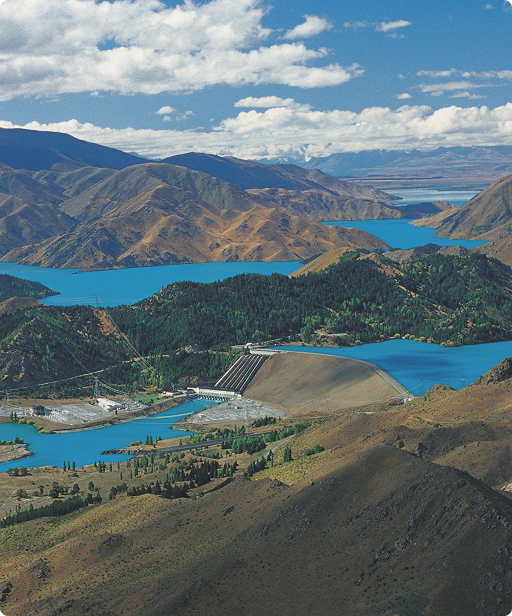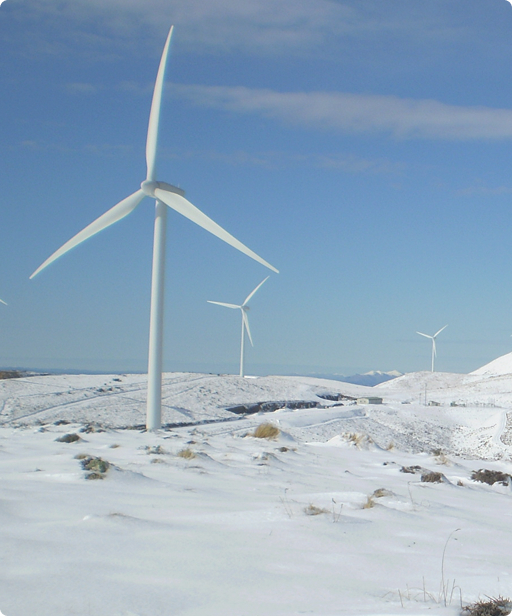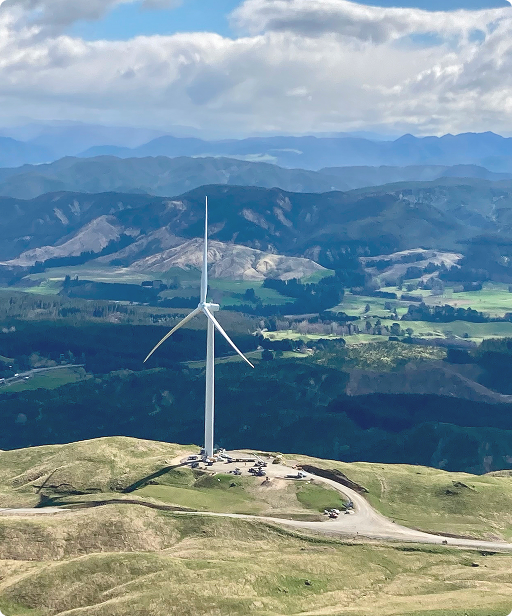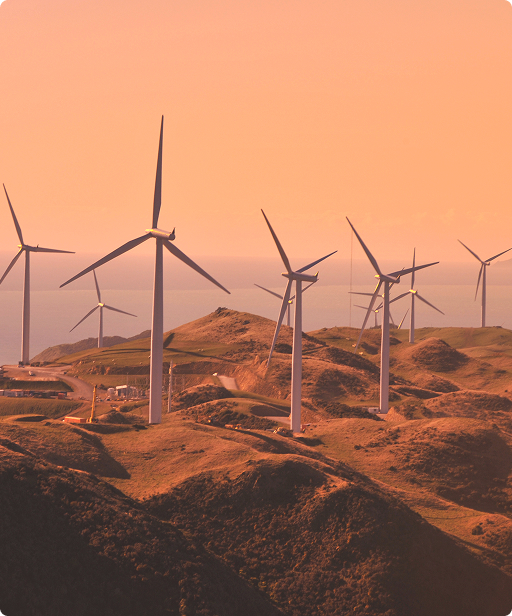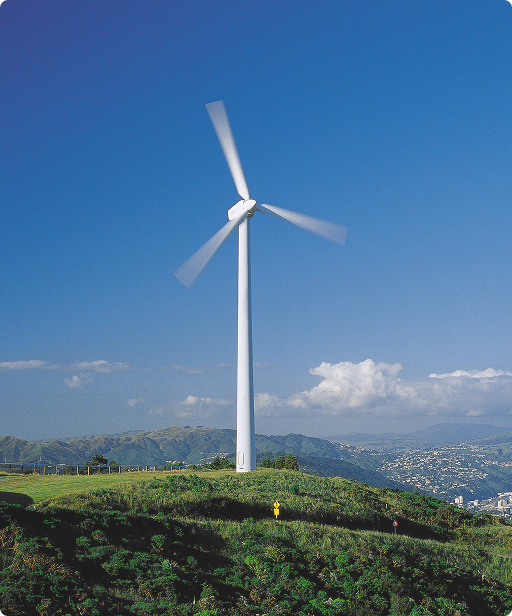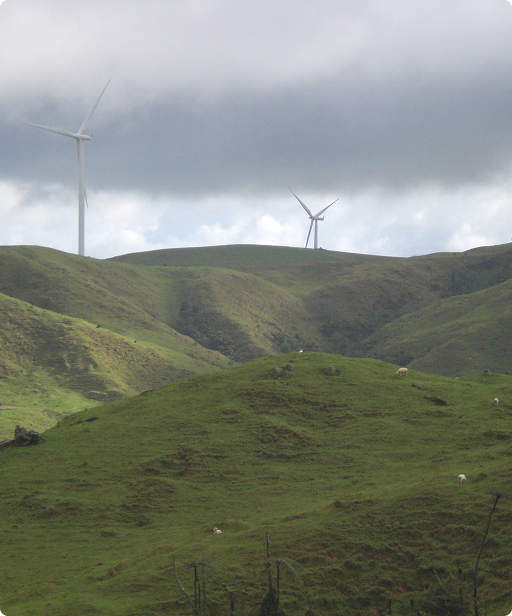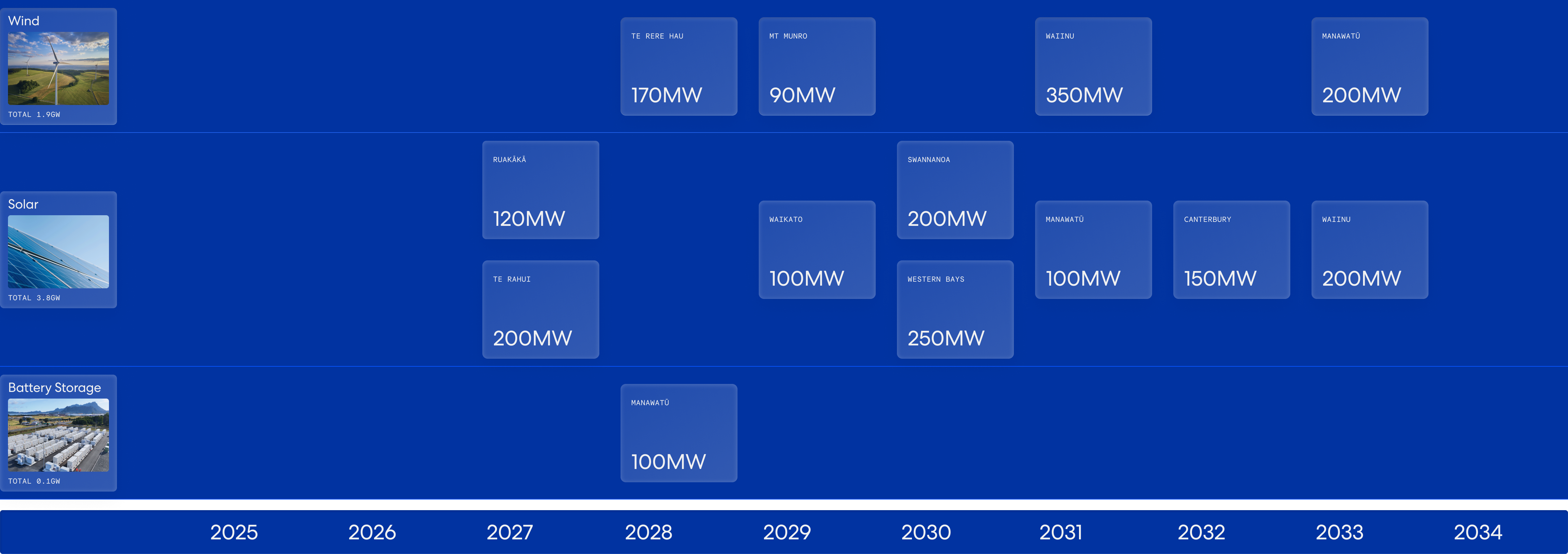Decarbonising Aotearoa together
Welcome to our annual Impact and Transparency Report on our Certified Renewable Energy product.
In the global race towards a sustainable future, the journey to net-zero carbon emissions is more than just a numbers game. Climate change can’t be solved by one company, one person or one community. We need to work together to make a difference.
That’s why we partnered with our Certified customers to decarbonise communities across Aotearoa New Zealand and deliver on our purpose of clean energy for a fairer and healthier world.
Together in 2024, we invested more than $1.5 million into 24 inspiring community projects through our Community Decarbonisation Fund. This initiative, powered by the sales of our Certified Renewable Energy product, enables community groups to do even more meaningful work while reducing their carbon emissions.
This annual report showcases the incredible work these groups do in our communities and the impact that the funding from the net proceeds of Certified has had across the country.
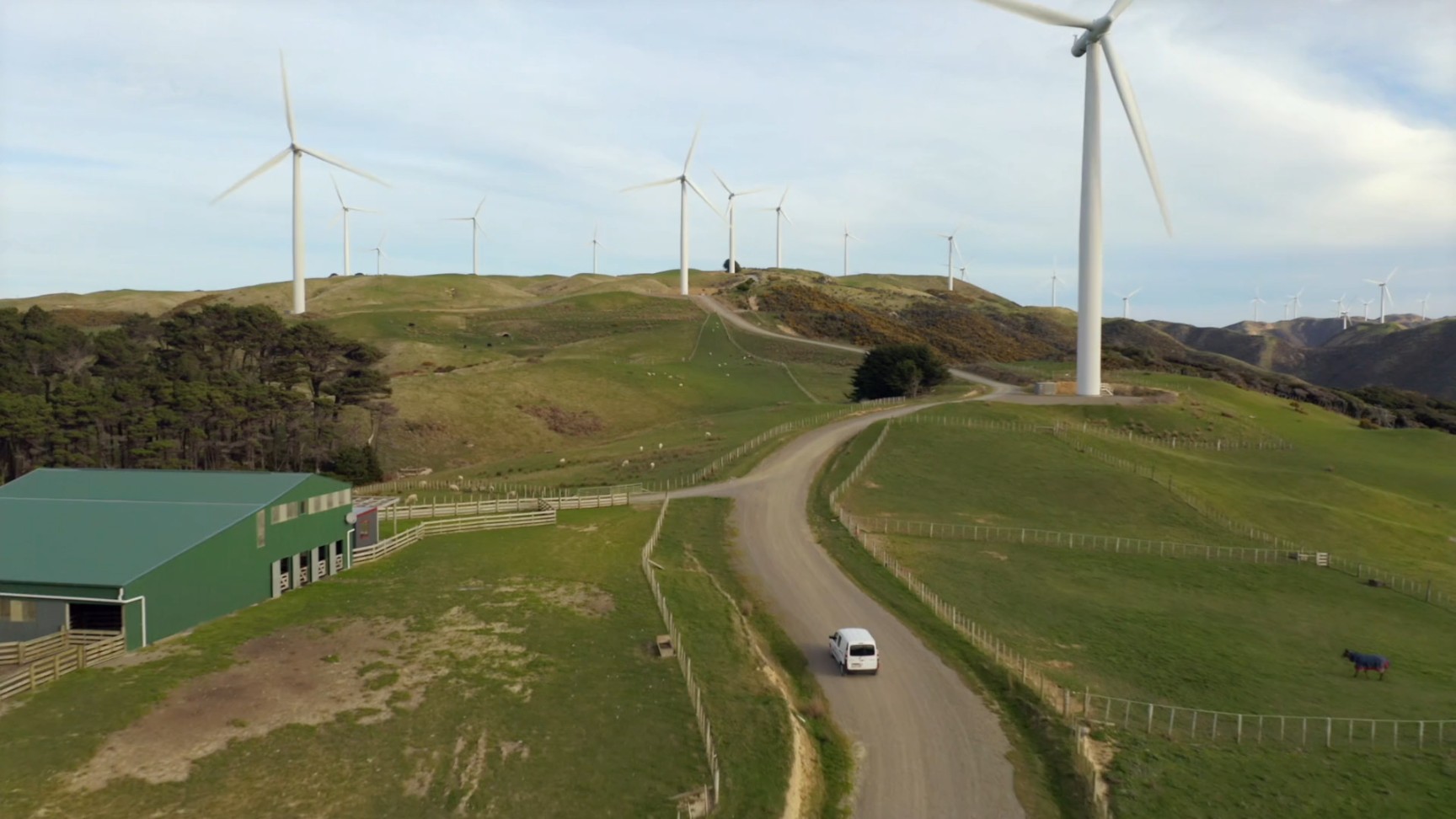
Transforming
communities in
0
Community Groups
Across Aotearoa
$0.0
Million in Funding
12
12
Solar Projects
10
10
EV Projects
01
01
Boiler
Electrification Project
01
01
Battery Project
Powering change
Success stories
Satisfy Food Rescue
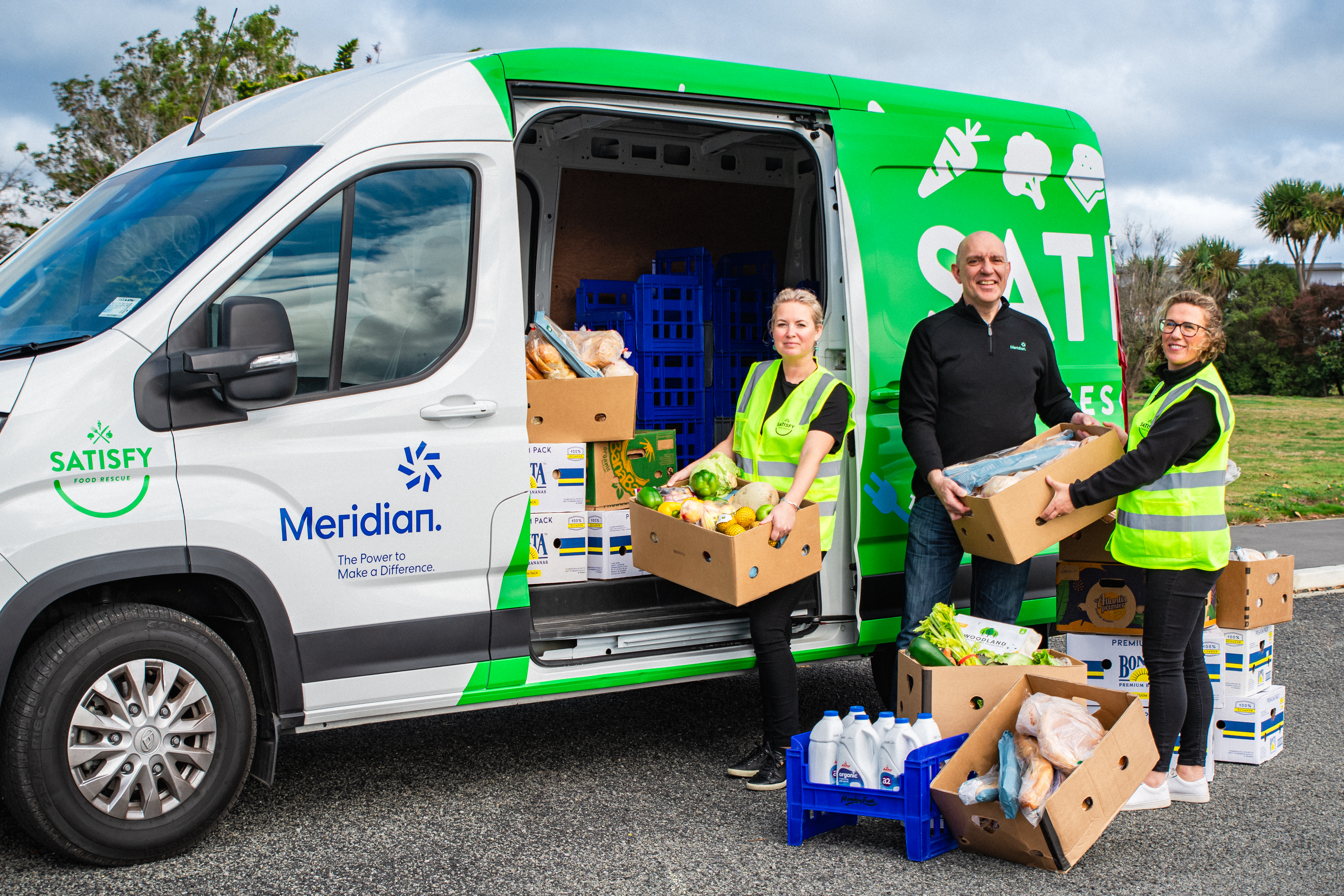
58%
1 million
Southern Lakes Sanctuary
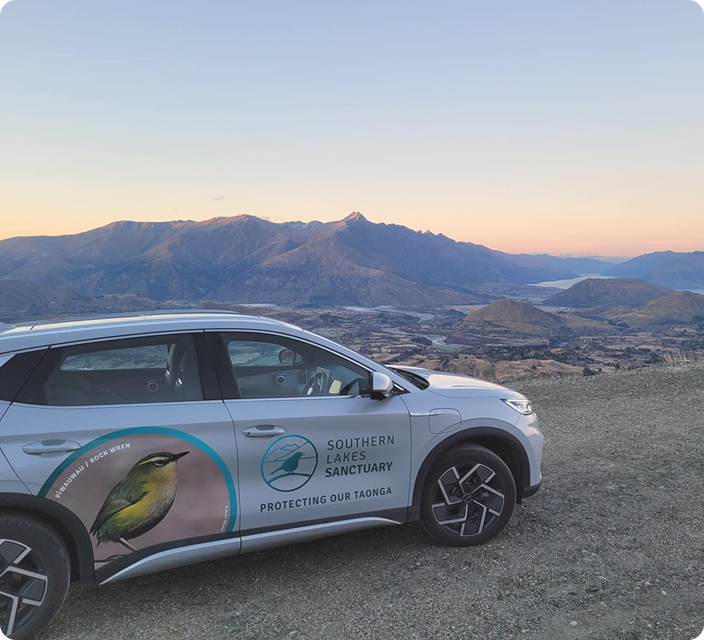
96%
21,353 km
5.72 t
Te Ahi Kaa Training and Social Services
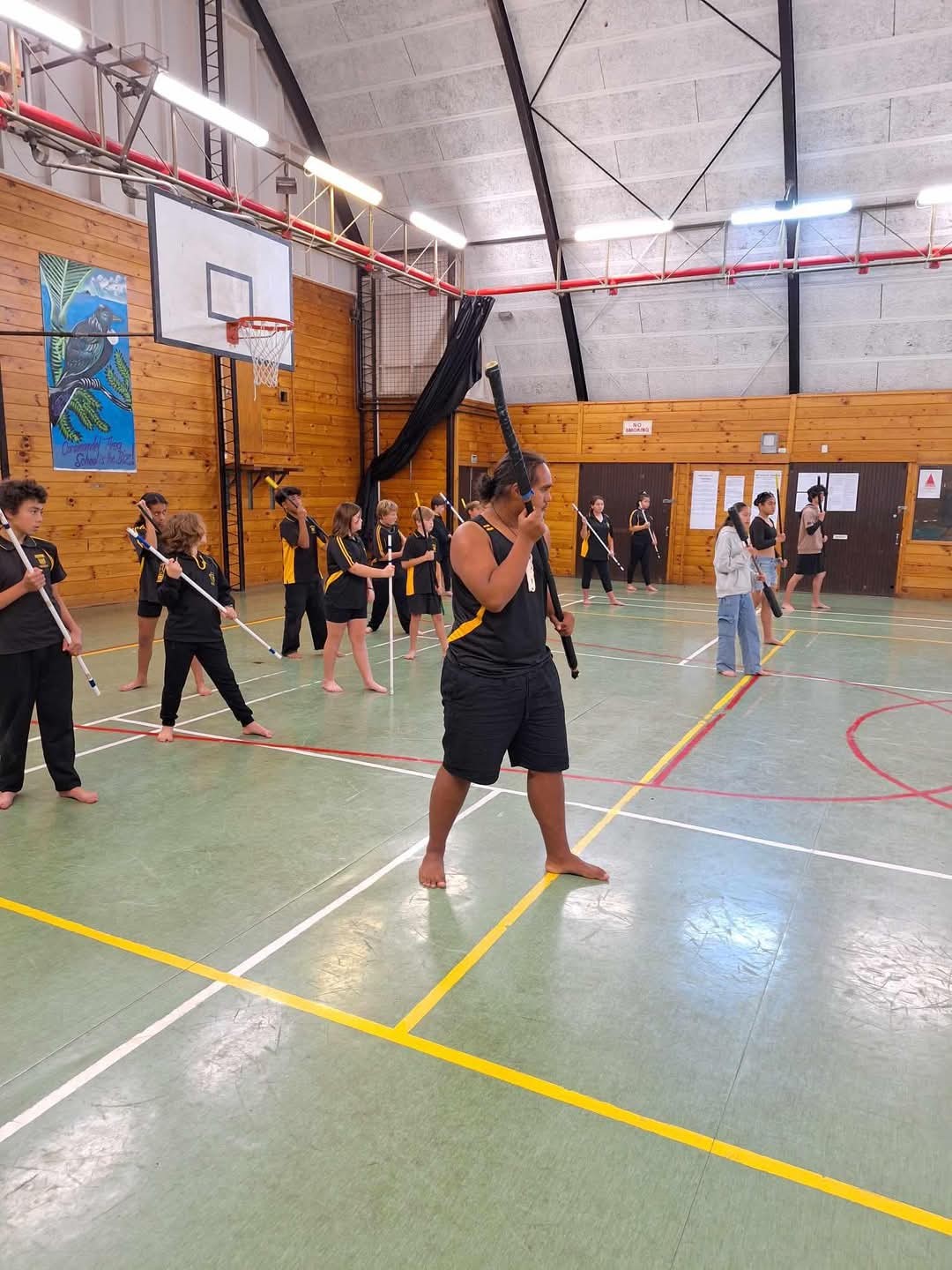
$4K
35%
+10
Rānui Apartments
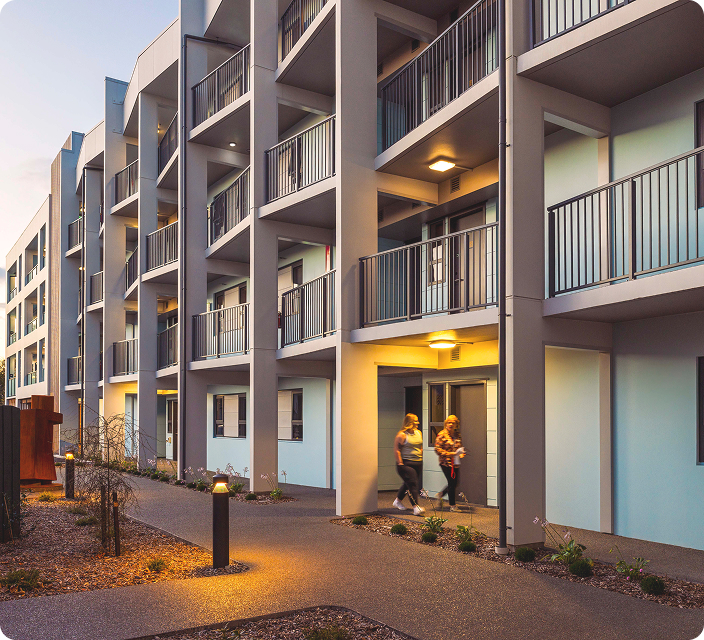
13%
$25,000
Tread Lightly
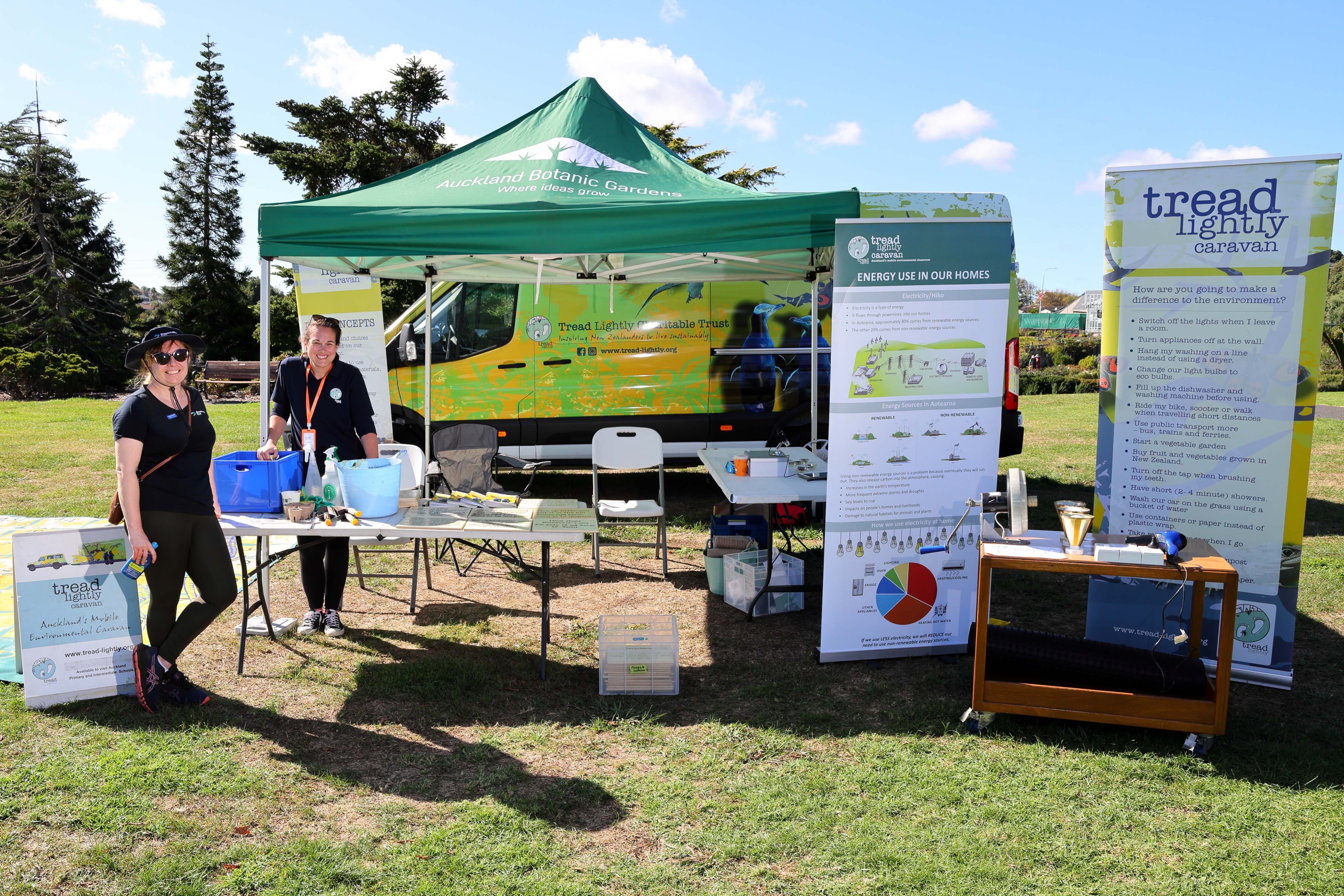
<$500
$12,000
Ngā Manu Nature Reserve
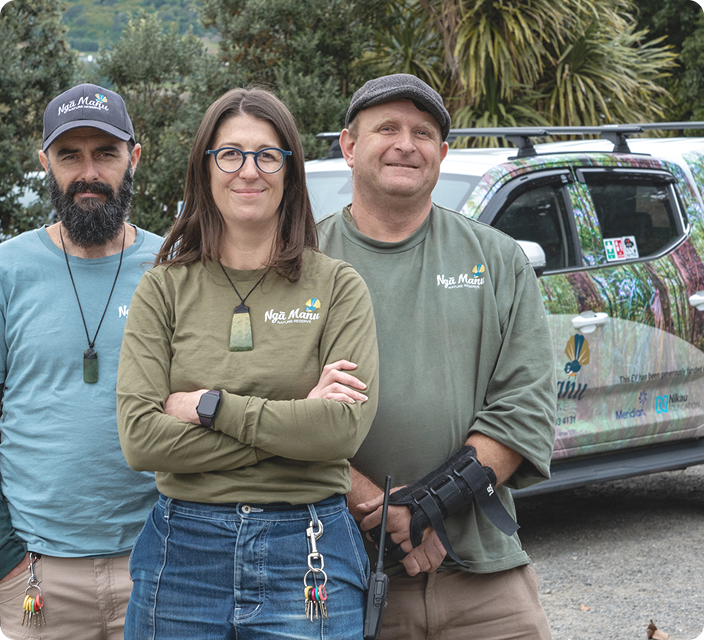
50%
600 kWh
Helping our community
Renewable Energy Certificates (RECs)
The emission of greenhouse gases from electricity generation is major driver of global climate change. A range of internationally agreed initiatives are tackling this. One of them is Renewable Energy Certificates or RECs. Our REC product is called Certified Renewable Energy, also known as Certified.
Renewable Energy Certificates (RECs)
The emission of greenhouse gases from electricity generation is major driver of global climate change. A range of internationally agreed initiatives are tackling this. One of them is Renewable Energy Certificates or RECs. Our REC product is called Certified Renewable Energy, also known as Certified.
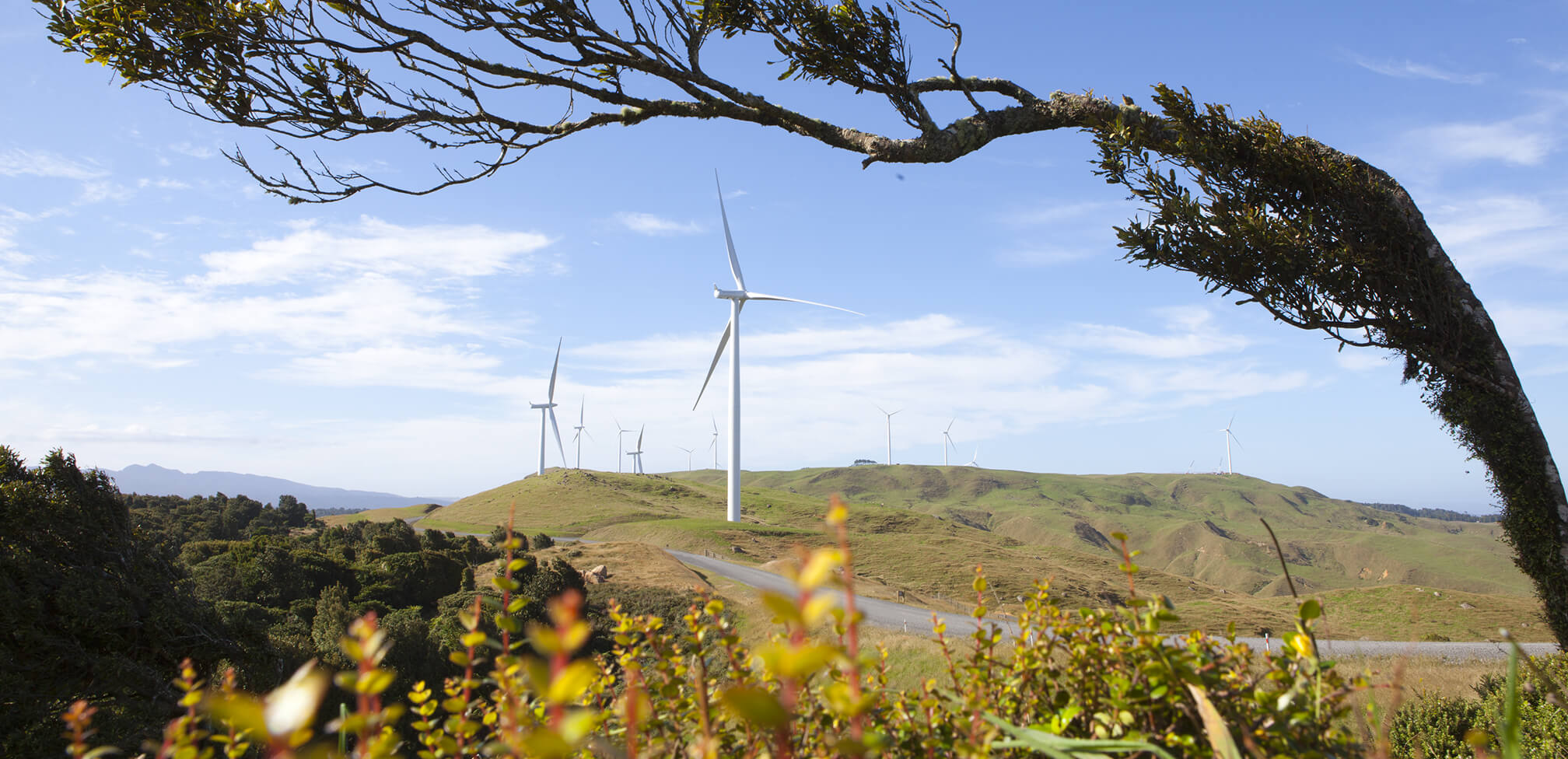
How it works
The ‘Certified’ electricity that customers buy from Meridian is matched on a monthly basis to the power put into the grid by our hydroelectric (water powered) power station and wind farms, which are independently verified by BraveTrace as 100% renewable and releasing zero carbon emissions.
That process earns you internationally recognised RECs.
This allows you to report your market-based Scope 2 emissions as zero (using the market-based reporting methodology, in accordance with the GHG Protocol’s Scope 2 Guidance).
What makes Certified stand out is that 100% of the net proceeds are reinvested into Meridian’s Decarbonisation Fund to help businesses and community groups actively reduce their carbon emissions.
The Meridian Decarbonisation Fund consists of a business fund and a community fund. Most of the funding goes into the community fund to support grassroots community projects that reduce carbon emissions and provide a tangible positive impact to the communities they serve. The business fund empowers Certified customers who meet specific criteria to use the net proceeds from their RECs to fund their own eligible electrification projects.
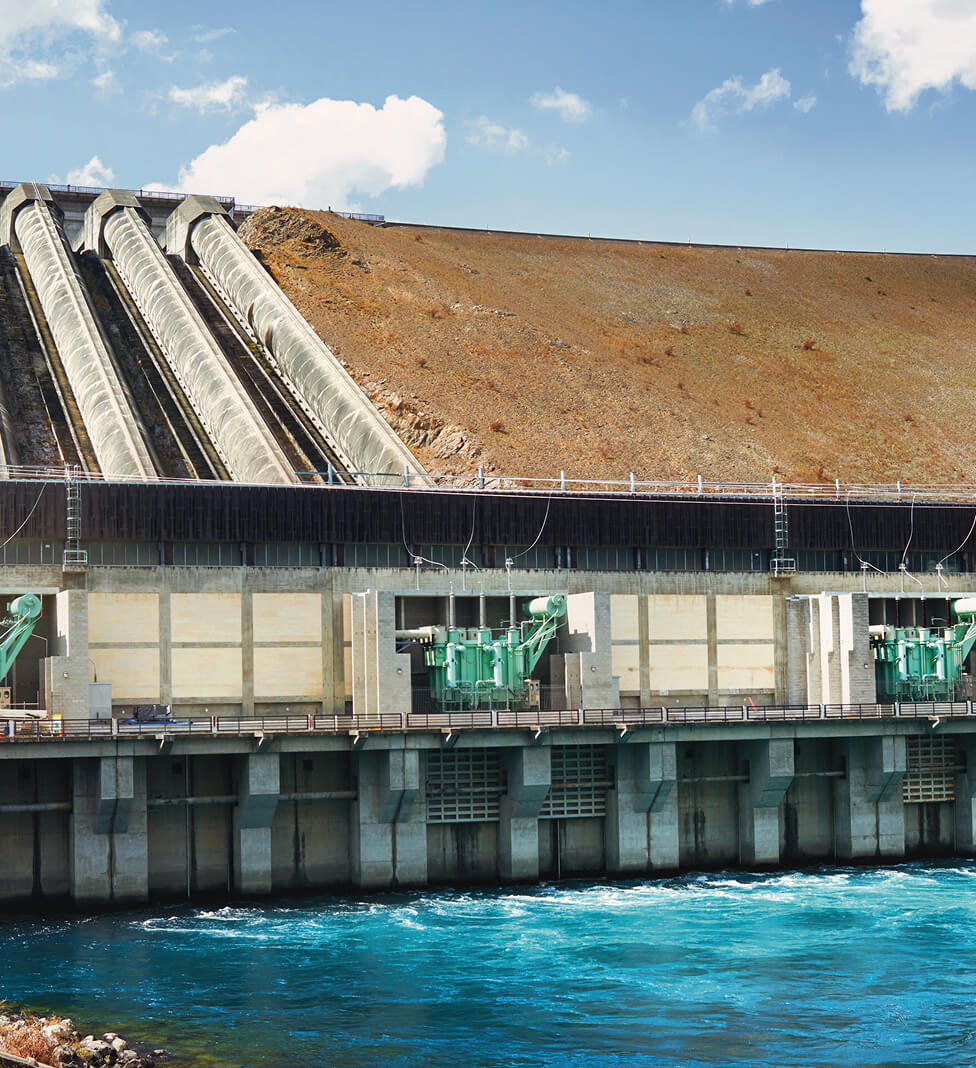
The big energy mix
Aotearoa generally has around 85% renewable energy circulating through the grid, but there’s no way of knowing if the electricity you’re using comes from renewable sources.
Meridian is a ‘gentailer’. We both generate electricity and retail electricity to households and business customers. All the electricity in New Zealand, however it’s generated, is distributed through one ‘national grid’ consisting of the facilities and powerlines that get electricity to where it’s needed.
According to the latest figures from the Ministry of Business, Innovation and Employment (MBIE), 85% of electricity generated in 2024 came from renewable sources like ours. This doesn’t mean that all of New Zealand’s electricity is always ‘85% renewable’. It varies at different times of the day and year, and depends on what generation systems are in use at the time to meet the overall demand.
This means everyone will receive a ‘mix’ of renewable and non-renewable electricity from the grid. What the REC process does is provide certificates that cover the amount of electricity our Certified customers purchase from us, by directly matching the portion of the electricity we generate from our select assets (which are independently verified by BraveTrace as producing 100% renewable electricity) with the portion of the electricity Meridian retails to them. We also have plans to increase the amount of 100% Certified Renewable Energy we generate and the portion of renewable electricity in the national grid by building more renewable generation and getting those assets certified.

All about emissions
All about emissions
Scope 1
Emissions are direct greenhouse gas emissions from sources a company owns or controls. This includes emissions from fuel combustion in boilers, furnaces, vehicles, etc.
Scope 2
Emissions are indirect emissions from the generation of electricity, steam and heating a company uses.
Scope 3
These emissions are usually the largest portion of a company’s carbon footprint, but they're the hardest to define and measure. They include emissions relating to the other products, services and materials the company buys to do its work. They also include the emissions generated when people use their products and services. They cover waste disposal, other investments the company makes and more.
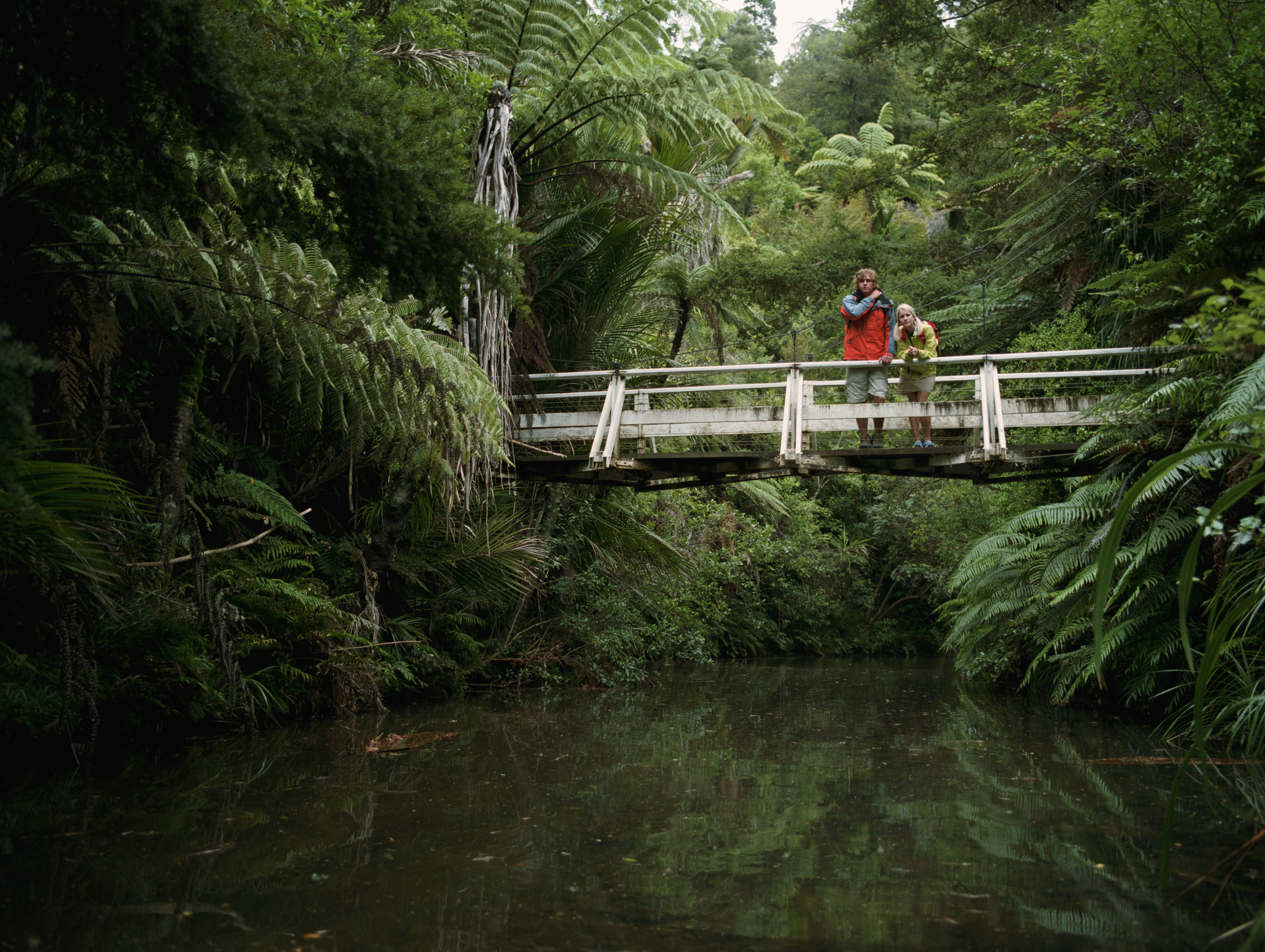
Greenhouse Gas Protocol
Renewable Energy Certificates, including those in our Certified product, enable our customers to report the market-based Scope 2 emissions of the electricity in the certificate as zero – as per the market-based reporting methodology, set out in the Greenhouse Gas Protocol (GHG) Scope 2 Guidance.
The GHG Protocol is based on a 20-year partnership between the World Resources Institute (WRI) and the World Business Council for Sustainable Development (WBCSD). It works with governments, industry associations, NGOs, businesses like ours and many other organisations. It’s developed comprehensive global standardised frameworks to measure and manage greenhouse gas emissions.

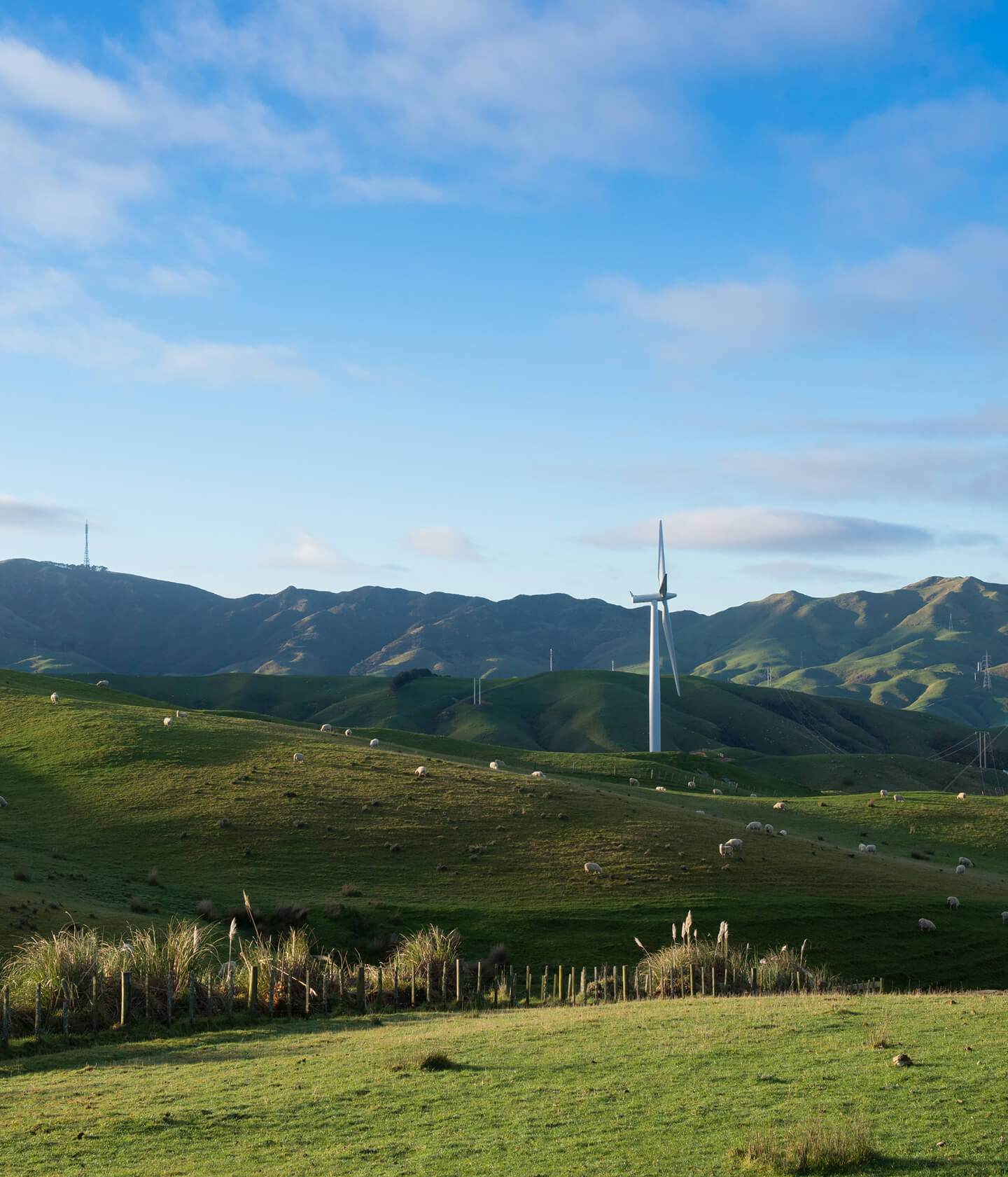
How Certified works

We’re committed to doing good things with our energy and helping you do good things with yours.
About Certified
Our Certified assets
0
GWh of Certified electricity to date
+0
Certified customers
+$0M
allocated to the Community Decarbonisation Fund
The electricity generating facilities we have Certified for this process:
Meridian Decarbonisation Fund
Community Decarbonisation Fund
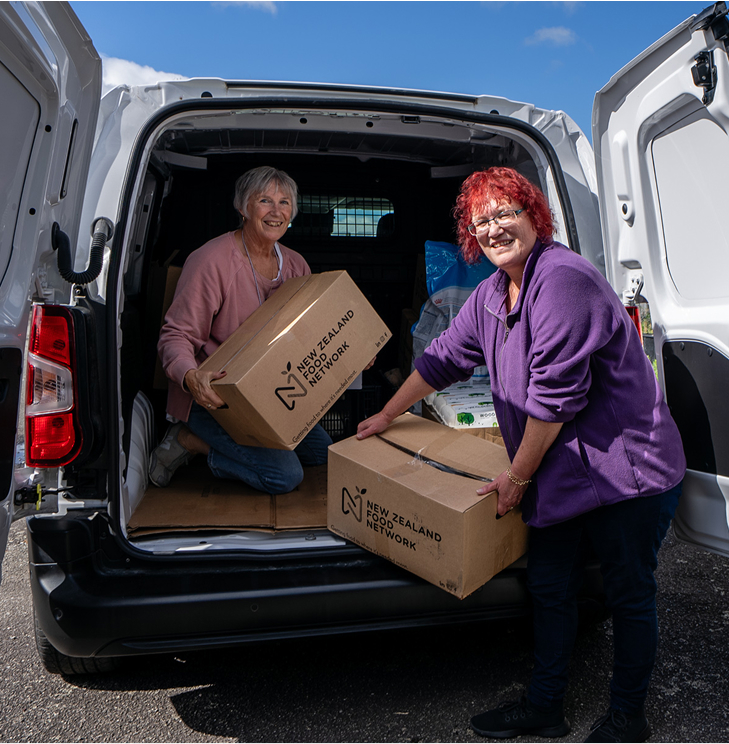
Community Decarbonisation Fund
We’re taking our role in helping Aotearoa reach net-zero carbon emissions by 2050 seriously. We want to accelerate decarbonisation across the nation and help others do the same. It isn’t just about funding; it's about empowering. Prioritising decarbonisation is hard for many community groups. While they'd love to invest more in reducing carbon emissions, they need to prioritise their limited funding towards the important work they do.
The Community Decarbonisation Fund is designed to help them on their sustainability journey. Since 2022, more than 40 community projects have received almost $3 million in funding. From installing solar panels and batteries, to purchasing EVs and electrifying boilers, the fund helps communities reduce carbon emissions and move toward a more sustainable future.
To be eligible for funding projects must:
- result in reduced greenhouse gas emissions;
- be an electrification project or lead to the creation of new renewable generation;
- contribute directly to communities across Aotearoa; or
- be one that either wouldn’t have occurred without the funding or a project that will occur sooner because of the funding.
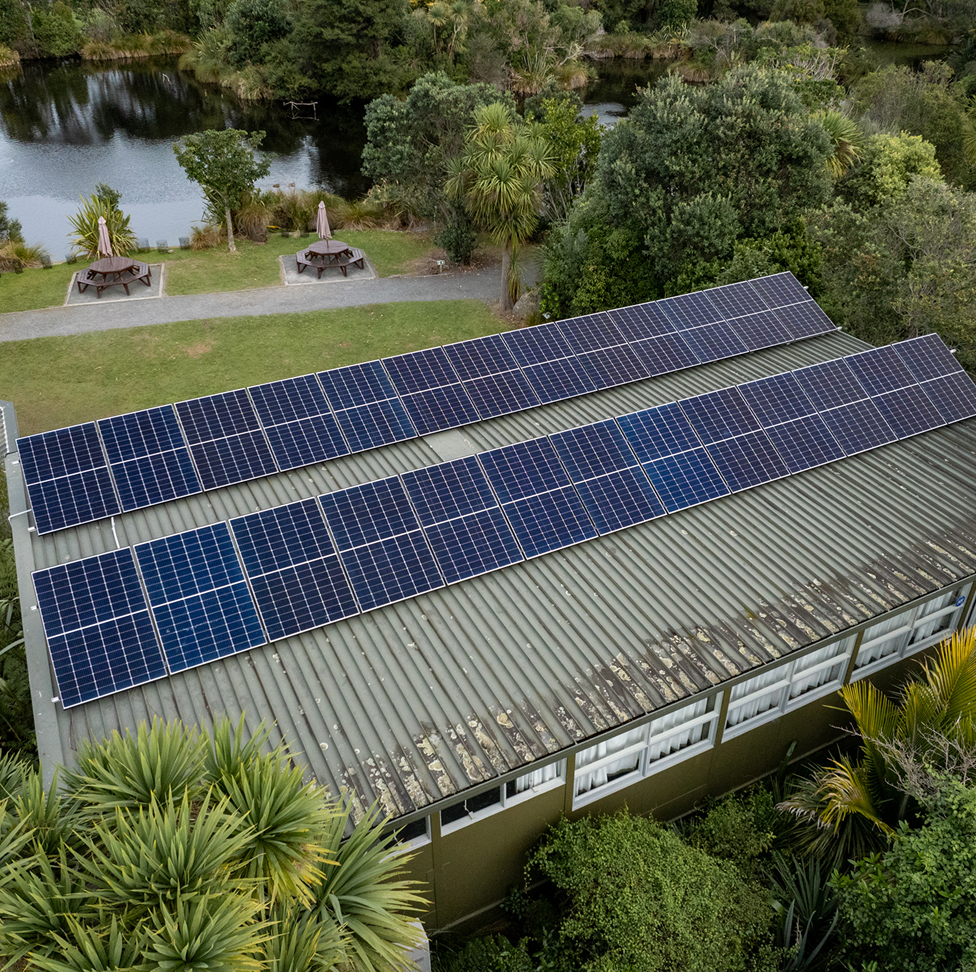
Business Decarbonisation Fund
The Meridian Decarbonisation Fund was set up primarily to fund community-based decarbonisation projects through the Community Decarbonisation Fund. However, we’re also working with eligible business customers to support their decarbonisation projects.
The Meridian Decarbonisation Fund consists of a business fund and a community fund. The business fund empowers Certified customers who meet specific criteria to use the net proceeds from their Renewable Energy Certificates (RECs) to fund their own eligible electrification projects.
For a decarbonisation initiative to be eligible it needs to meet the following criteria:
- your Certified annual consumption must be more than 5 GWh per production year;
- the project or initiative is technically feasible (for example, your roof must be suitable for the installation of solar panels);
- the project or initiative will result in a reduction in greenhouse gas emissions in Aotearoa; and
- Meridian considers that the project or initiative complies with policies on the acceptance of RECs.
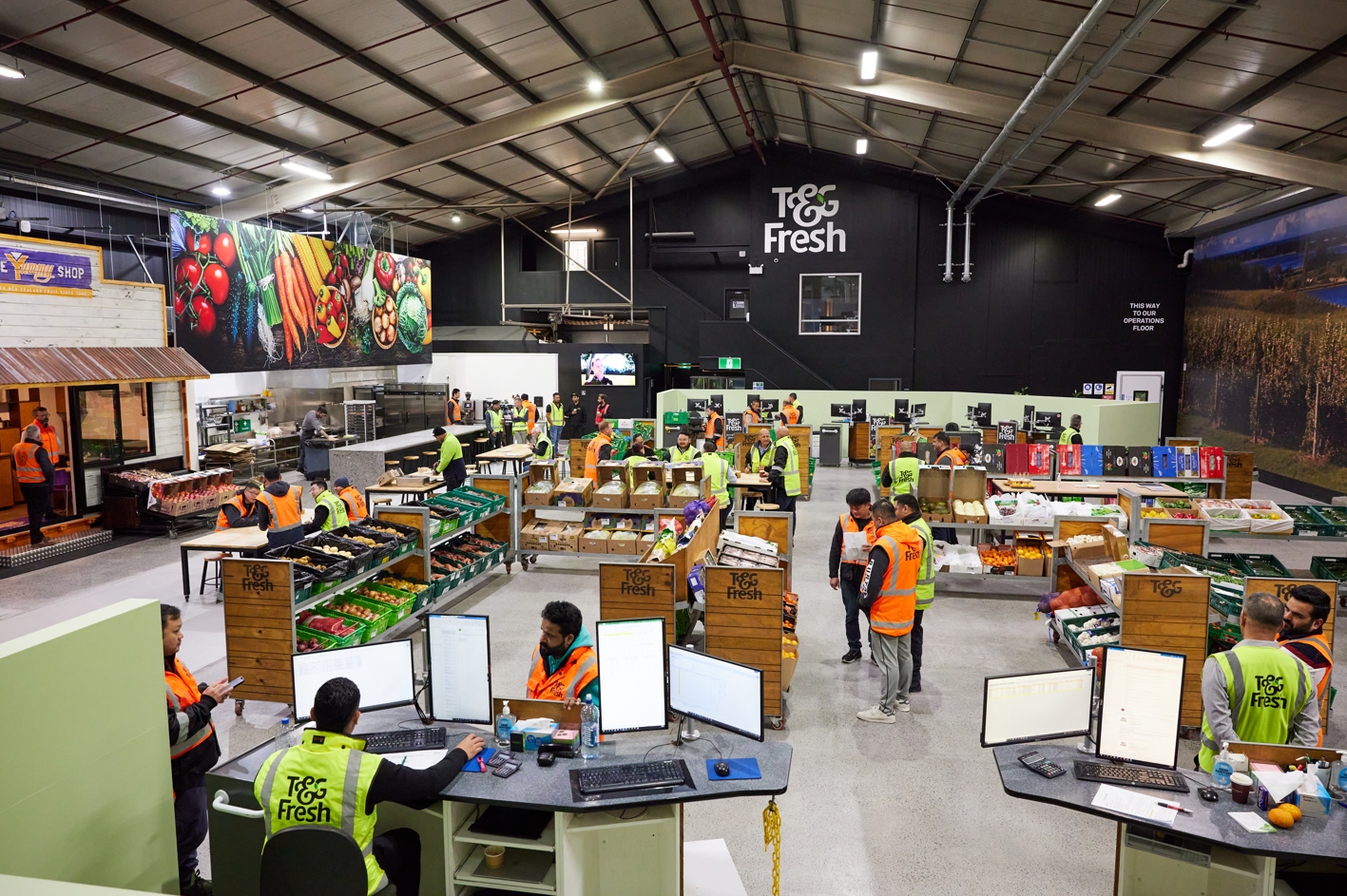
T&G GLOBAL - CASE STUDY
Growing a greener future
T&G Global was one of our very first Certified customers, joining us in 2019. Aotearoa New Zealand’s iconic fresh produce business began more than 125 years ago as Turners and Growers, a fruit auction business in Auckland. Today, as T&G, its fresh, delicious produce nourishes people in more than 55 countries around the world.
As a food producer and exporter, the climate is pivotal to growing fresh fruit and vegetables. However, as it changes with rising temperatures, reduced rainfall and increasing extreme weather events, it has the potential to disrupt T&G’s ability to produce and supply nutritious fresh produce. The company is taking action by minimising the effect its operations have on the planet by reducing greenhouse gas emissions, supporting renewable electricity generation and adapting with innovative solutions – including through Meridian’s Certified Renewable Energy product.
T&G used the Business Decarbonisation Fund to install four 22kW AC chargers for its EV fleet at its Mt Wellington site in Auckland. The project was completed in February 2024 and the funding covered the entire cost of the charger installation. The project was so successful that T&G will explore the opportunity to use the fund again to support its decarbonisation journey.
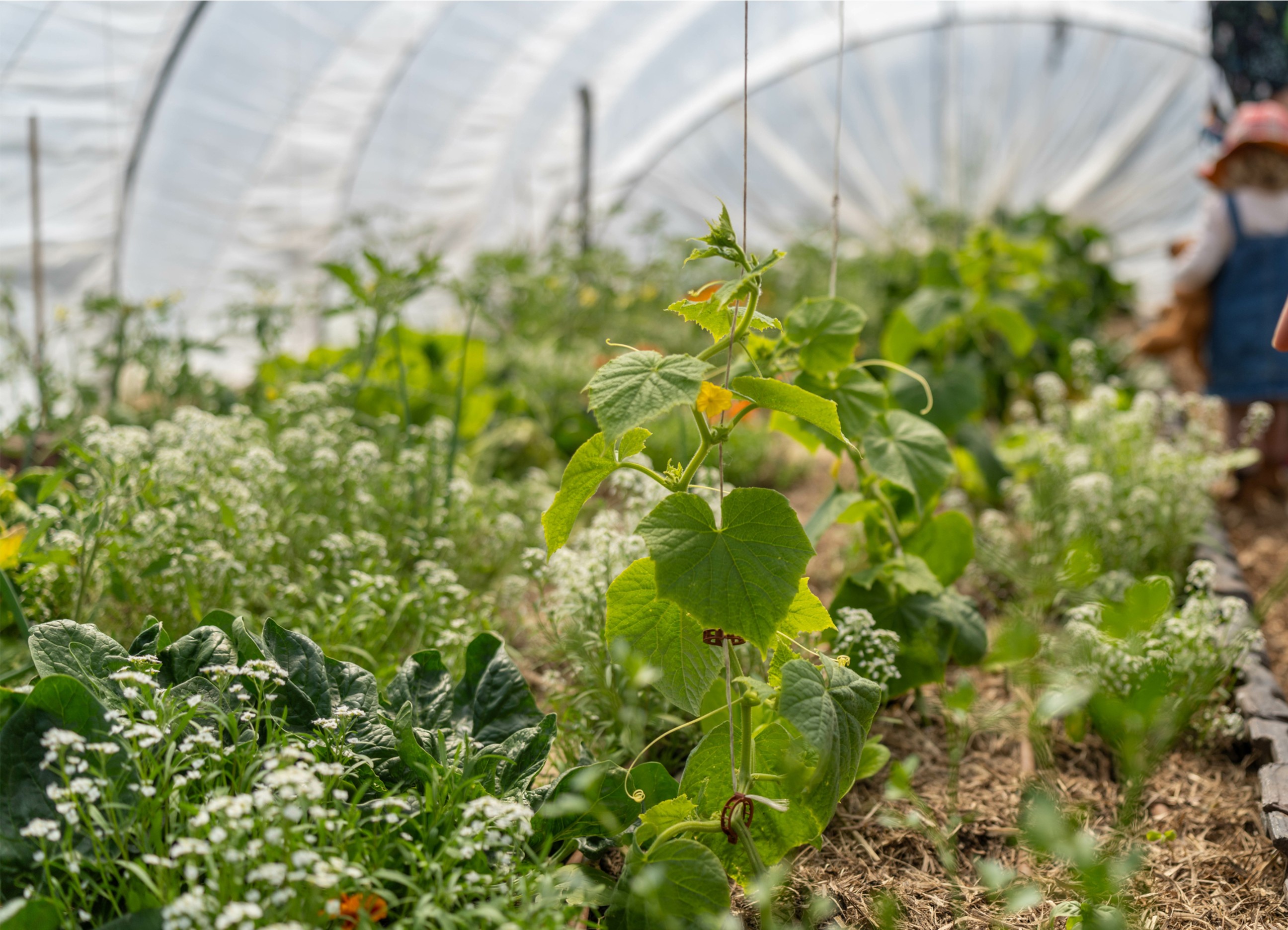
Helping our environment
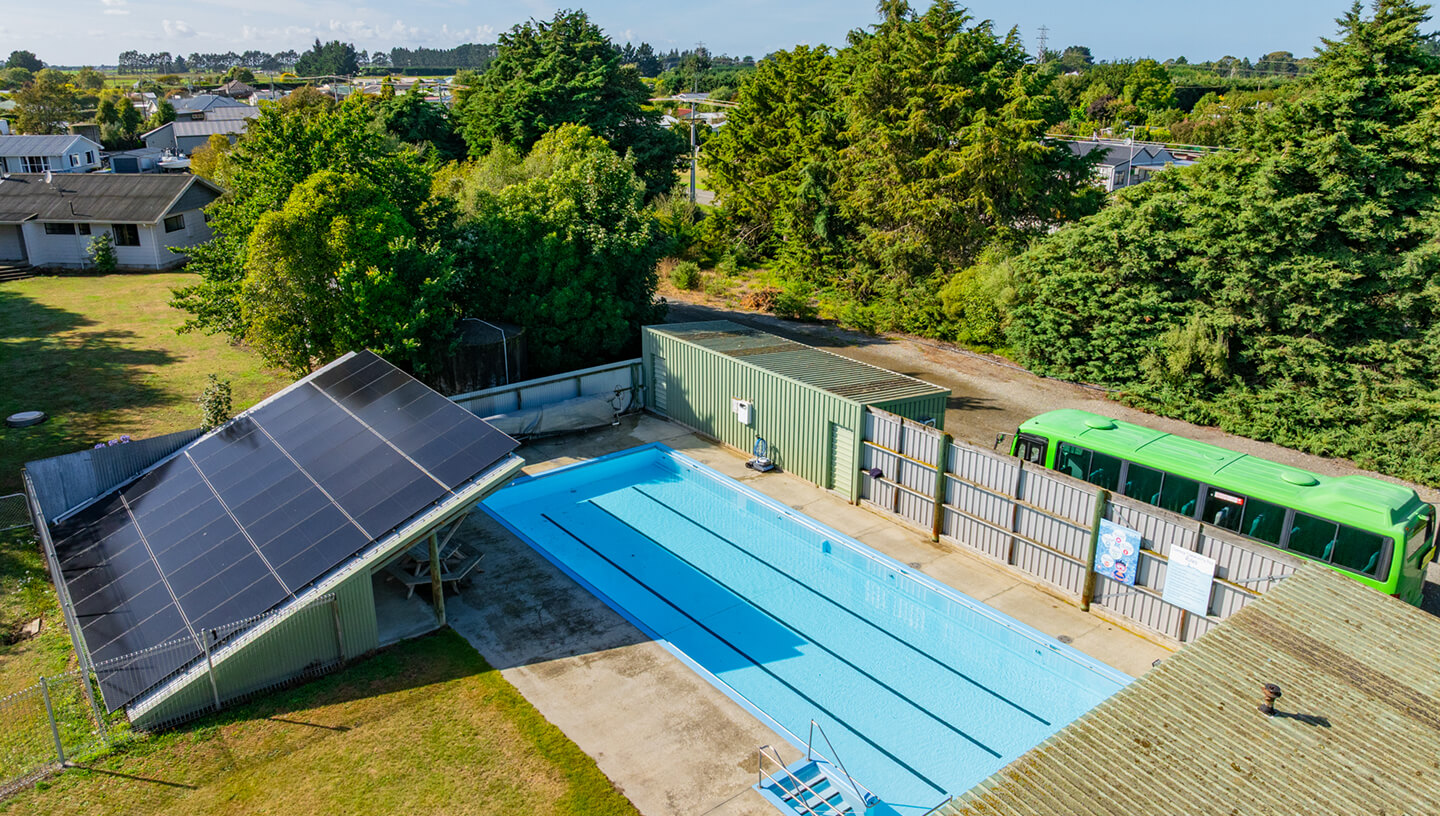
Meet the panel
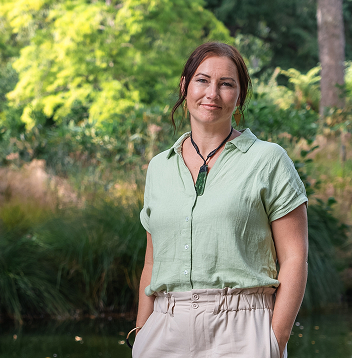
Rachel Herangi
Head of Customer Relationships, Meridian Energy
Rachel Herangi has been in the electricity industry for more than 15 years on the retail side of our business and is passionate about customers and the impact that access to energy has on how they power their lives. Rachel and her team were at the forefront of developing Meridian Energy’s Wellbeing Programme, that has $5 million in funding to support 5,000 households out of energy hardship, including working in people’s homes with community energy partners.

Tim Middlehurst
Founder & Executive Director, BraveTrace
Tim Middlehurst is an energy industry professional with global expertise in certification and systems development. He founded BraveTrace in 2018 and as Executive Director, Tim is leading the work to bring disclosure, transparency and choice to energy consumers in Aotearoa. Energy certification is a means for retailers or businesses to provide a clear, consistent and credible view to their customers and stakeholders of how the energy they use was produced and what impact the production of this energy has on our environment. Tim has a deep appreciation for the world's natural beauty and he leads by example for both the environment and future generations.
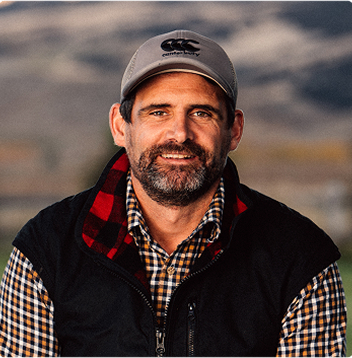
Mike Casey
CEO, Rewiring Aotearoa
Mike Casey is an entrepreneur and cherry orchardist from Central Otago who has electrified all the machines on his farm and demonstrated how the transition away from diesel can save farmers tens of thousands each year and significantly reduce emissions. He is also the CEO of Rewiring Aotearoa, a New Zealand charity dedicated to electrifying millions of fossil fuel machines across the country as quickly as possible.
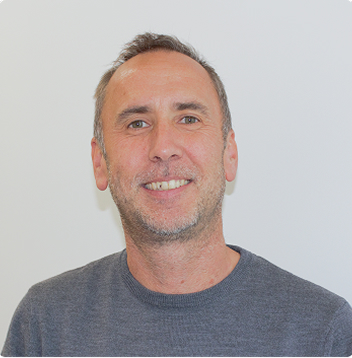
Danny Wilson
Head of Retail Strategy & Commercial, Meridian Energy
Danny Wilson is the Head of Retail Strategy & Commercial at Meridian Energy. One of the responsibilities he enjoys the most is oversight and governance of Meridian’s Community Decarbonisation Fund. Danny is also responsible for Meridian Retail’s commercial and financial activities, as well as setting strategy and the deployment of assets into Aotearoa homes and businesses that accelerate the country’s decarbonisation aspirations.
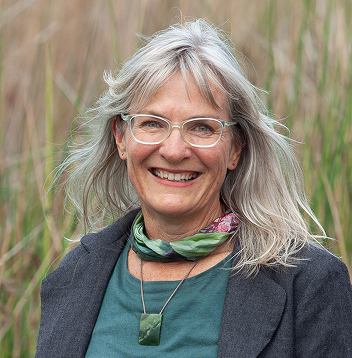
Rachel Brown
ONZM – Founder & CEO, Sustainable Business Network
As founder and CEO of the Sustainable Business Network (SBN), Rachel has played a critical role in advancing sustainability more than 20 years. Rachel has overseen the creation of systemic collaboration projects focusing on climate action, designing out waste and regenerating nature. She is a board member of the Milford Foundation and a member of the advisory panel for the National Waste Strategy.
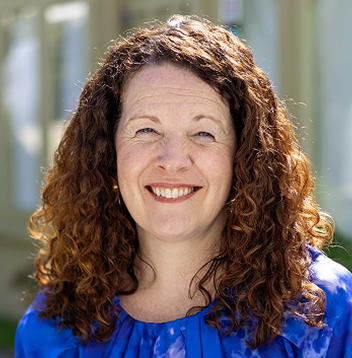
Rebecca Knott
Head of Renewable Development, Meridian Energy
Rebecca Knott is the Head of Renewable Development at Meridian. The Renewable Development Team prospect for potential new development options across all technologies, including wind, water, sun and batteries. They then take the best ones through the consenting process, including engaging with iwi, communities and other stakeholders. Prior to this role, Rebecca worked in dam safety engineering for more than 20 years, including being the founding General Manager of Meridian subsidiary Dam Safety Intelligence in 2016.
Helping others make a difference
Our changemakers
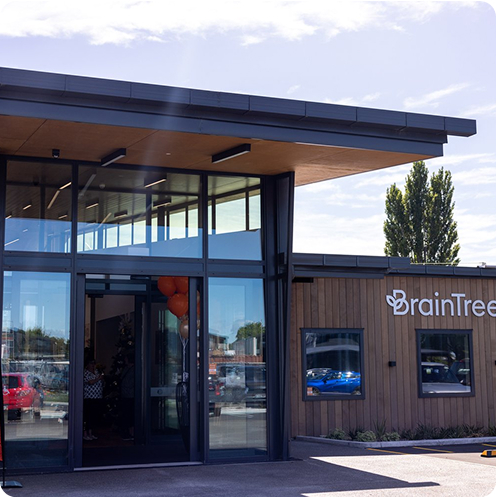
BrainTree
Type
Solar
Status
Complete
Funding Received
$65,317.27
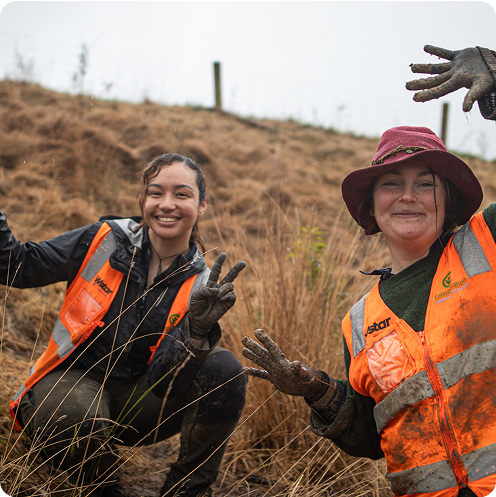
Conservation Volunteers New Zealand
Type
EV
Status
Complete
Funding Received
$44,613.24
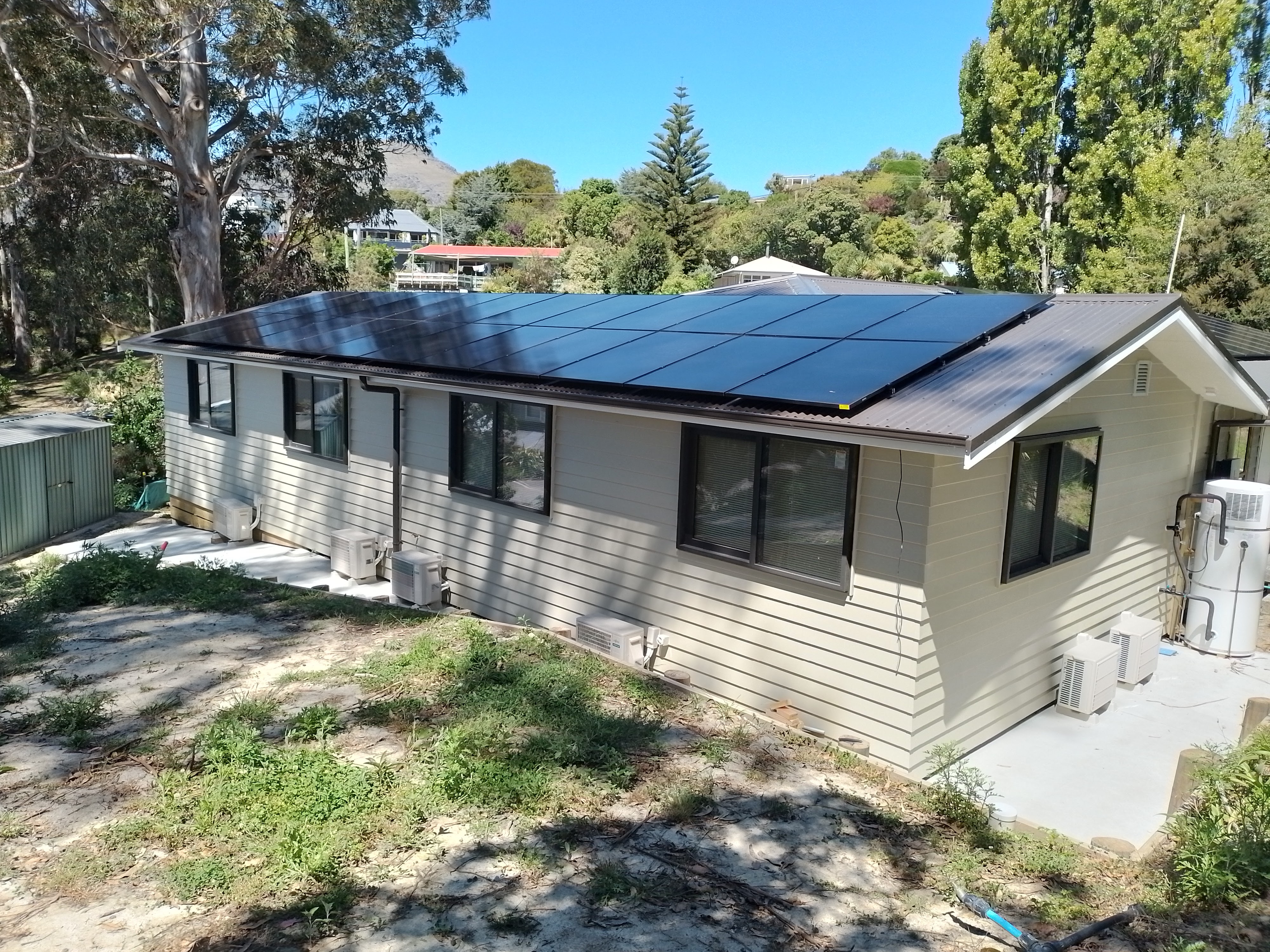
Diamond Harbour and Districts Health Support Group
Type
Solar
Status
Complete
Funding Received
$28,642.13
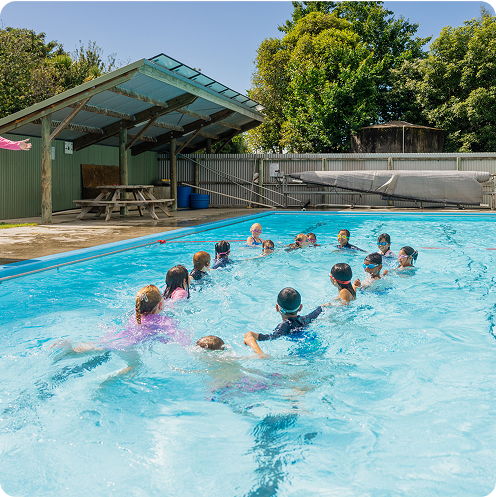
Glenavy Community Pool Trust
Type
Solar
Status
Complete
Funding Received
$63,250.00
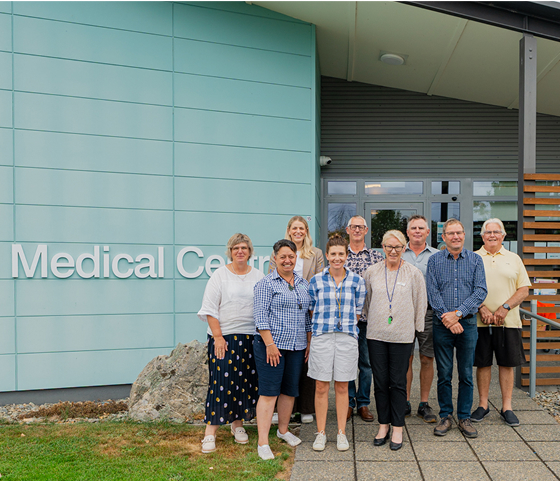
High Country Medical Trust
Type
Solar & Battery
Status
Complete
Funding Received
$197,672.00
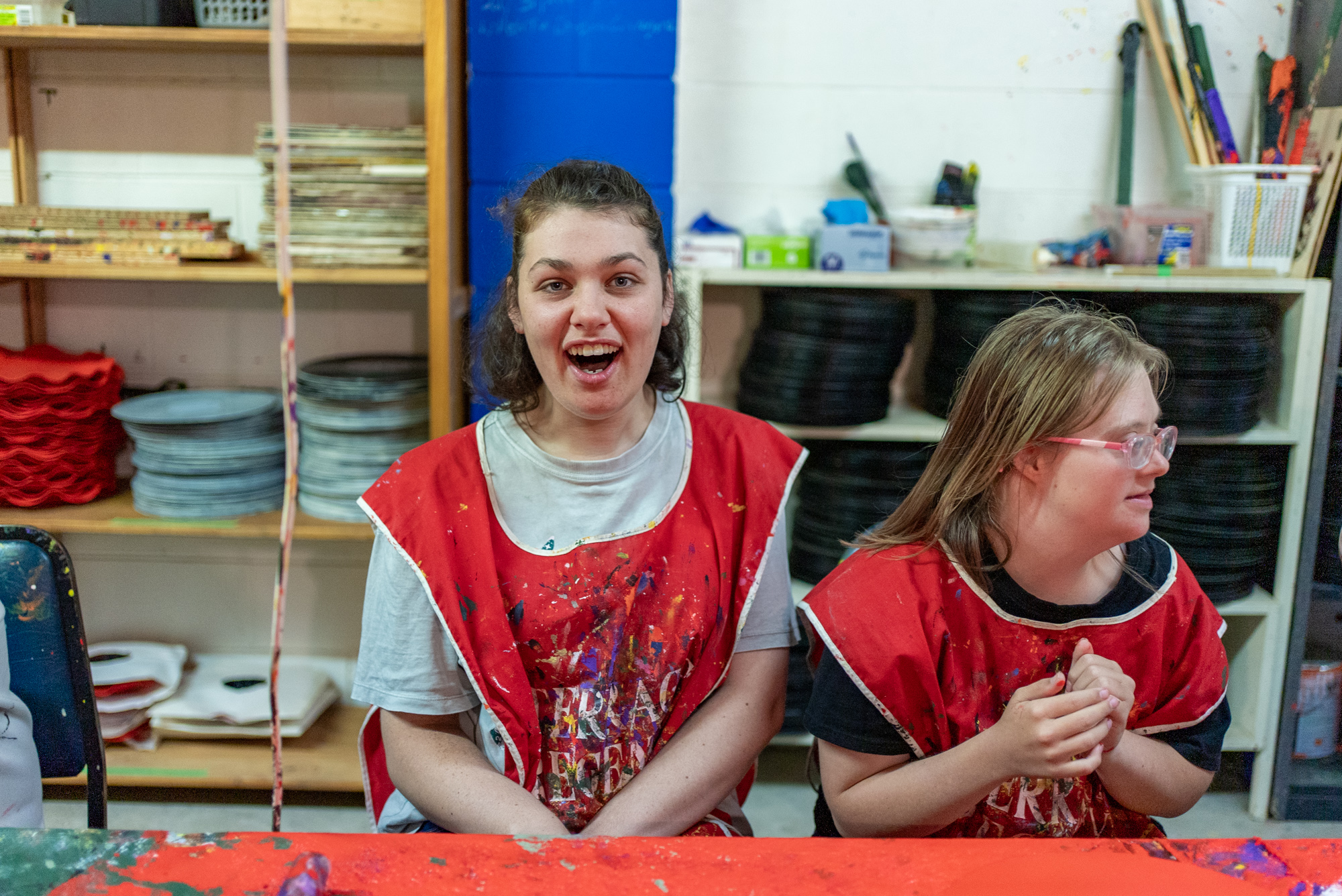
Hōhepa Wellington
Type
EV
Status
Complete
Funding Received
$71,827.63
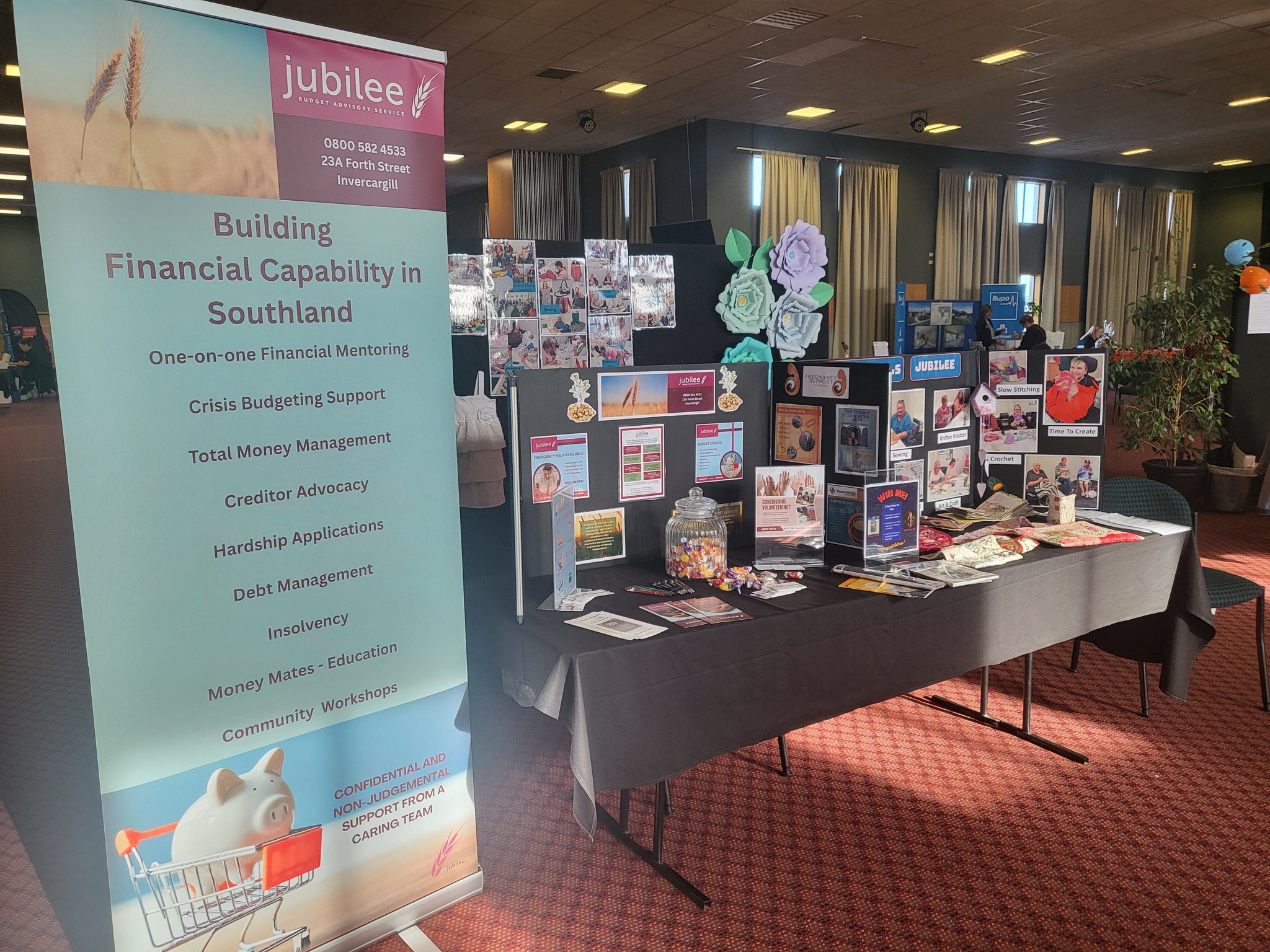
Jubilee Budget Advisory Services
Type
EV
Status
Complete
Funding Received
$32,135.27
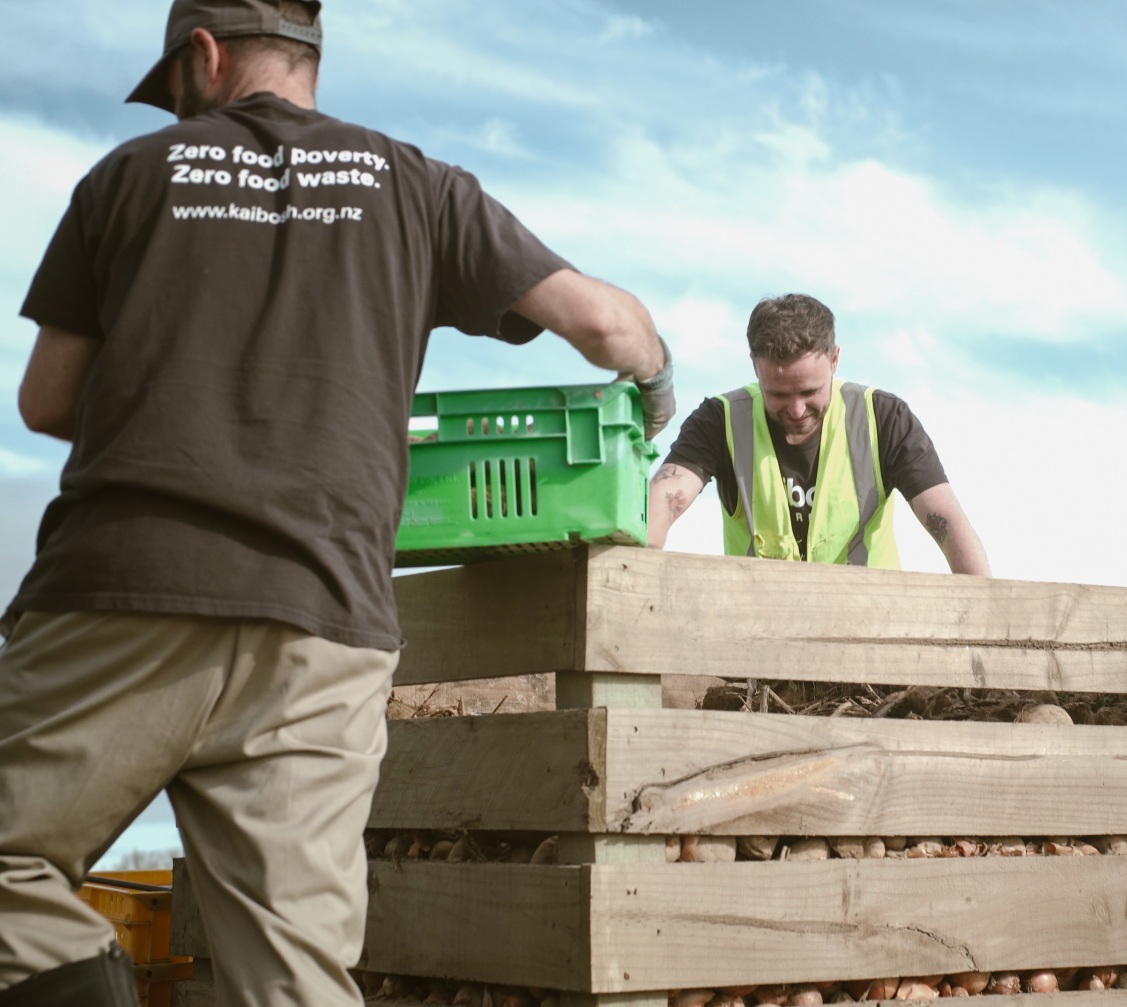
Kaibosh
Type
EV
Status
Complete
Funding Received
$80,827.75
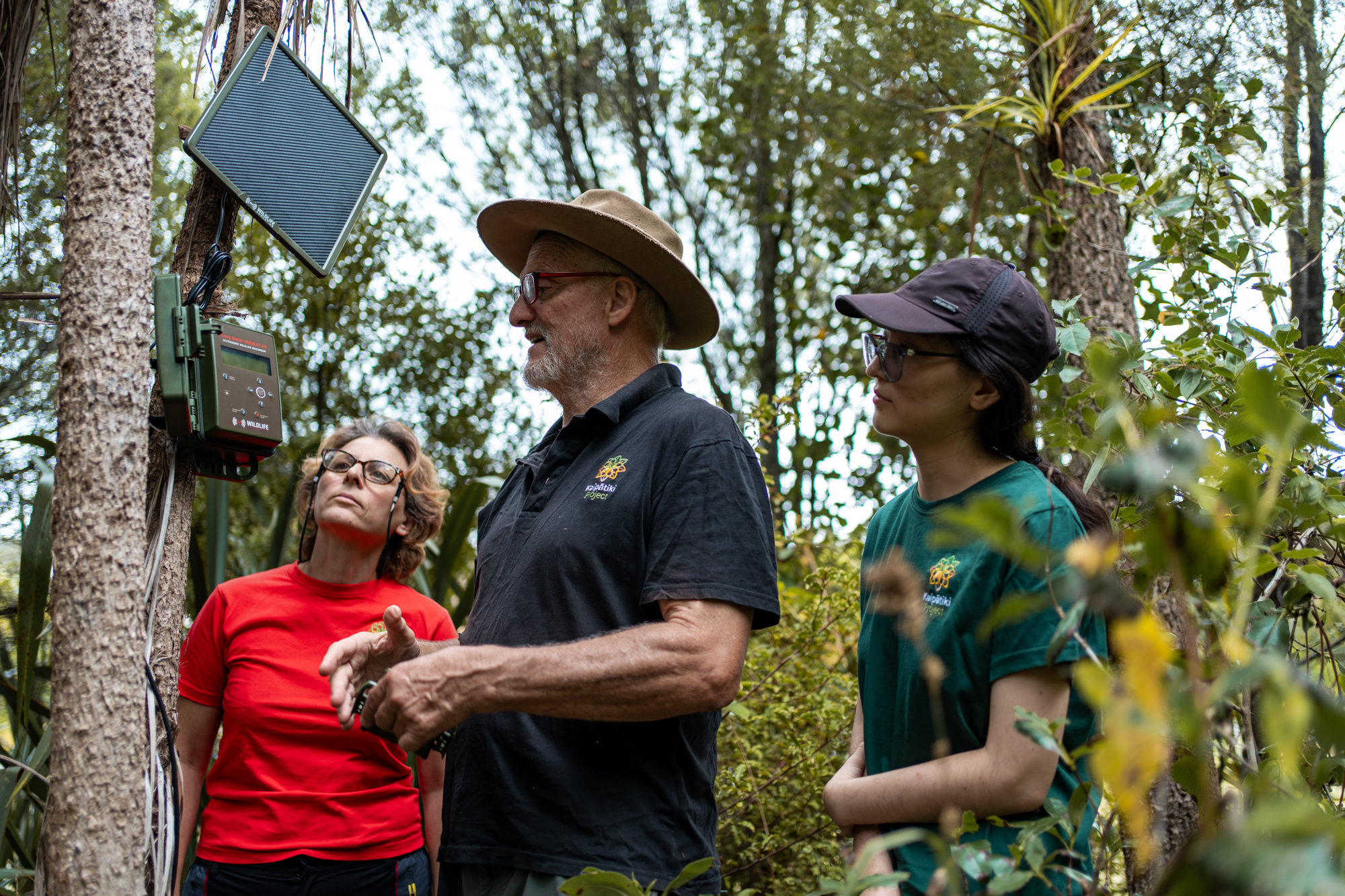
Kaipātiki Project
Type
Solar
Status
Complete
Funding Received
$41,917.50
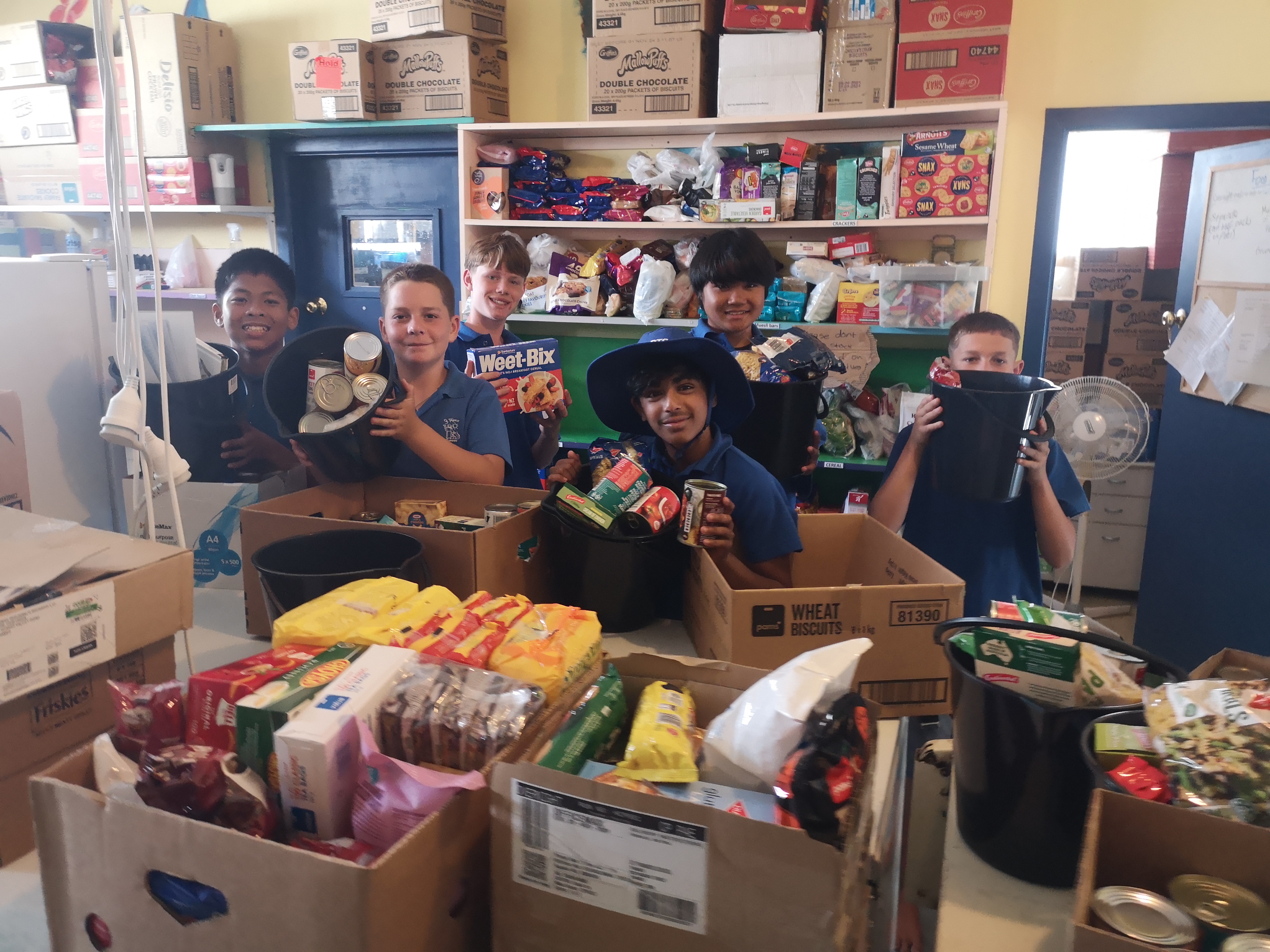
Living Well Trust
Type
Solar
Status
Complete
Funding Received
$62,100.00
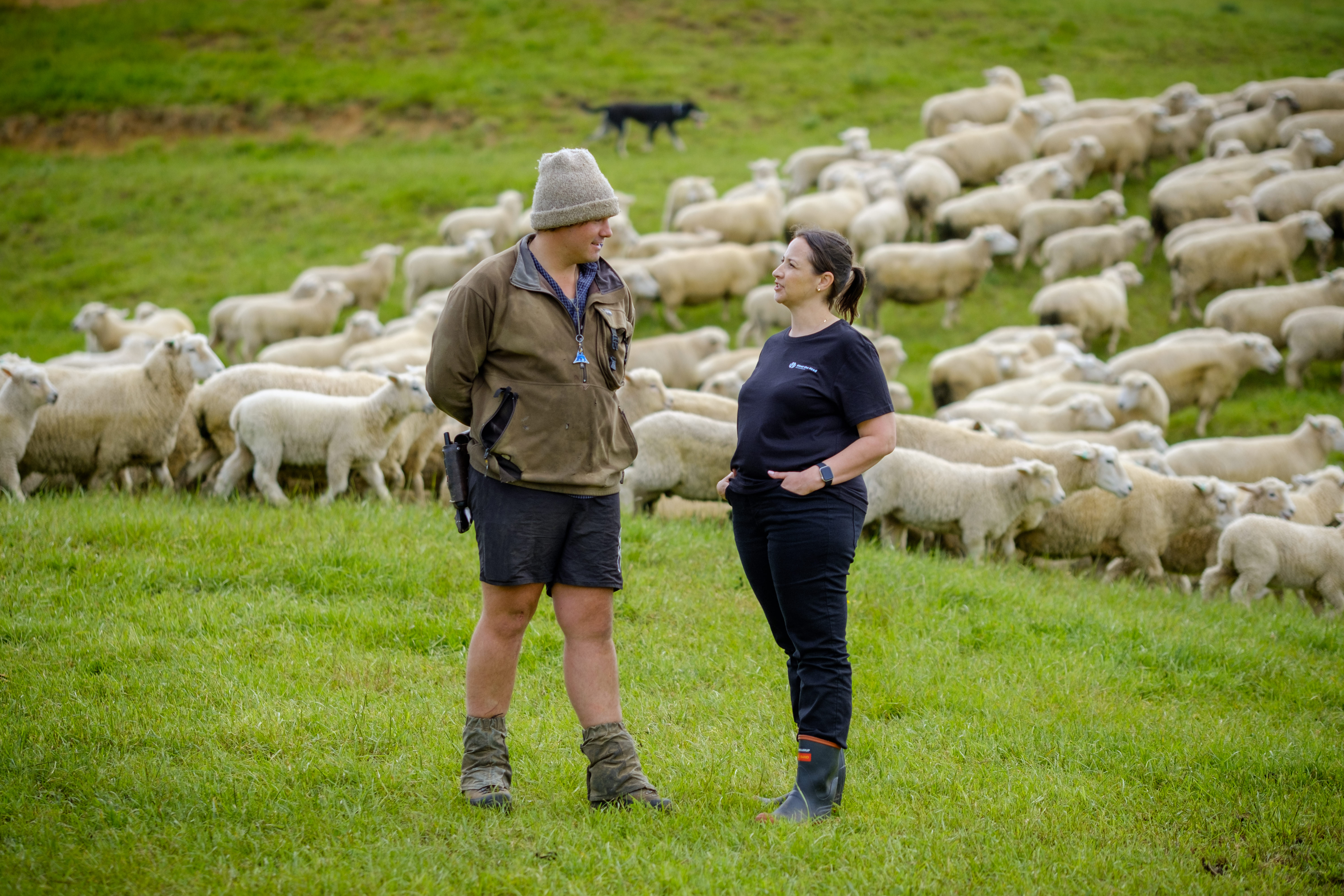
Meet the Need
Type
EV
Status
Complete
Funding Received
$111,290.10
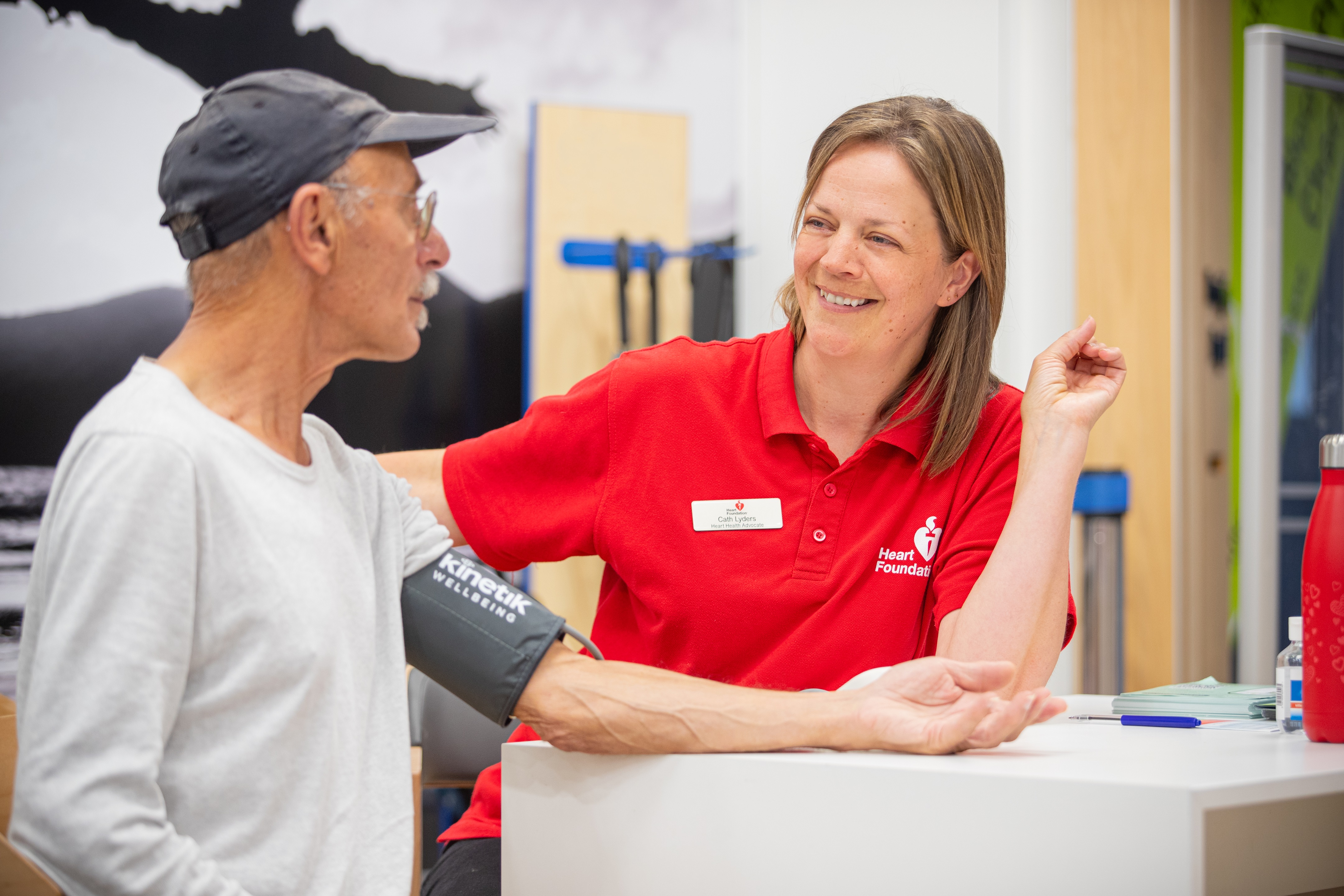
National Heart Foundation of New Zealand
Type
Solar
Status
Complete
Funding Received
$62,796.13
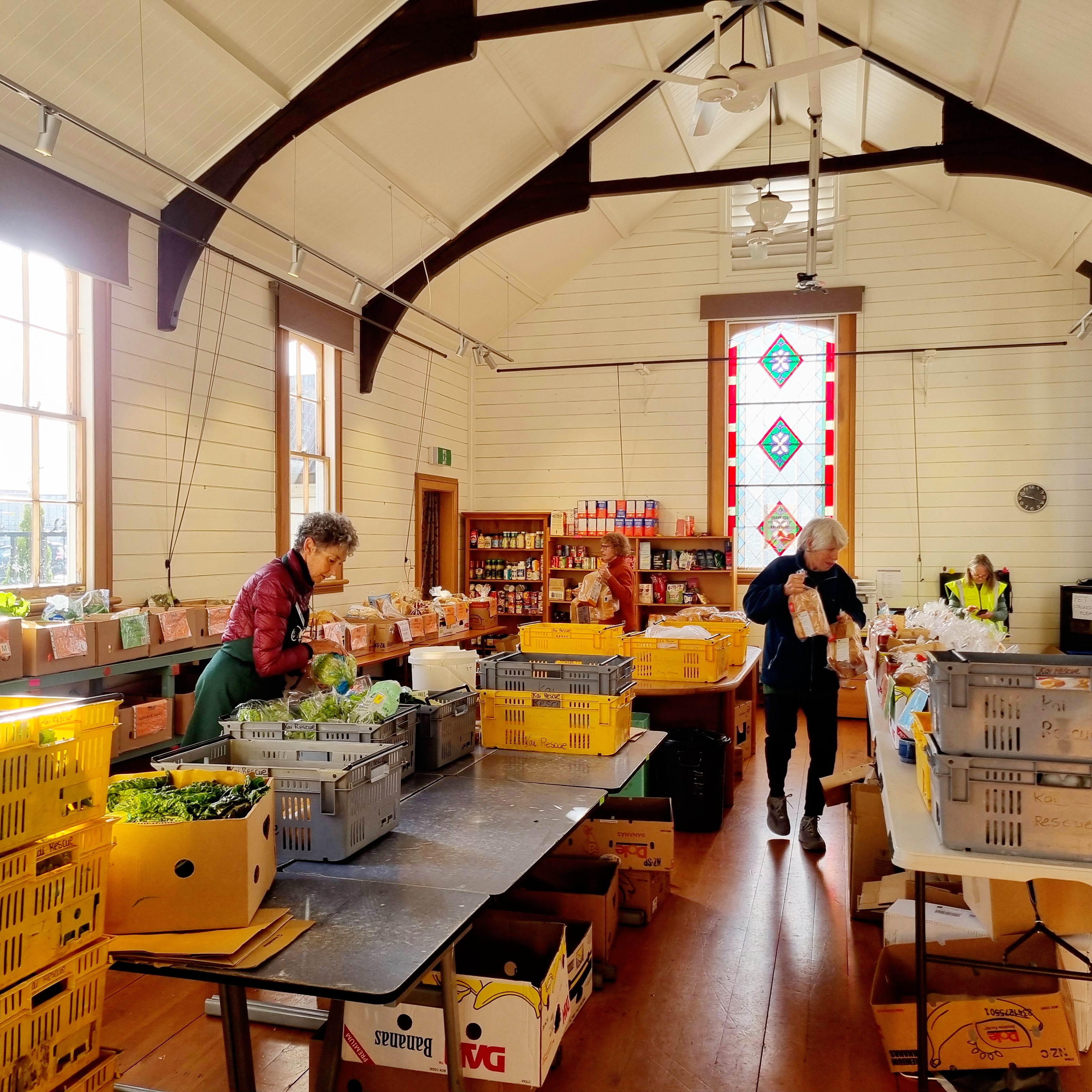
Nelson Environment Centre
Type
EV
Status
Complete
Funding Received
$99,558.95
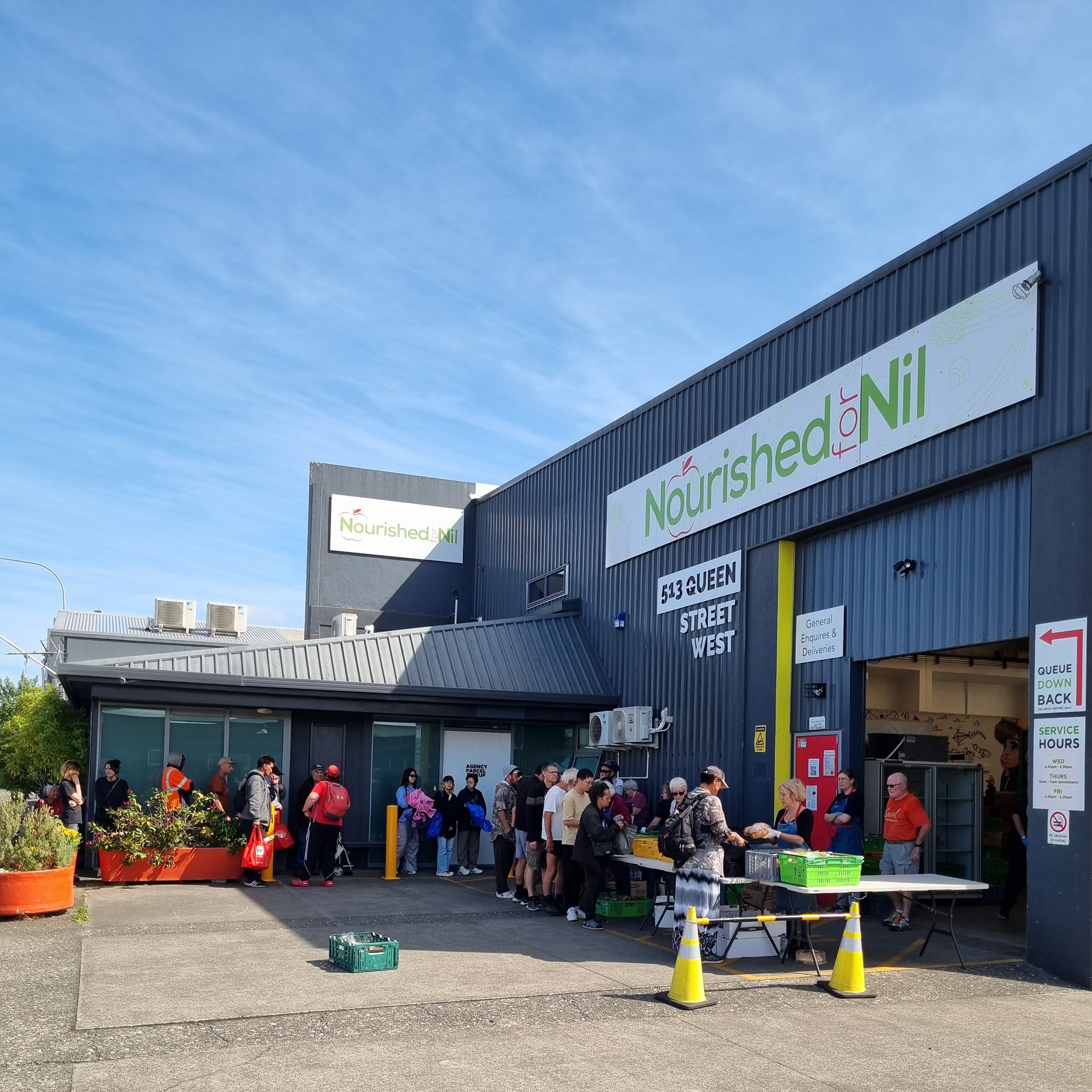
Nourished for Nil
Type
EV
Status
Complete
Funding Received
$70,248.90
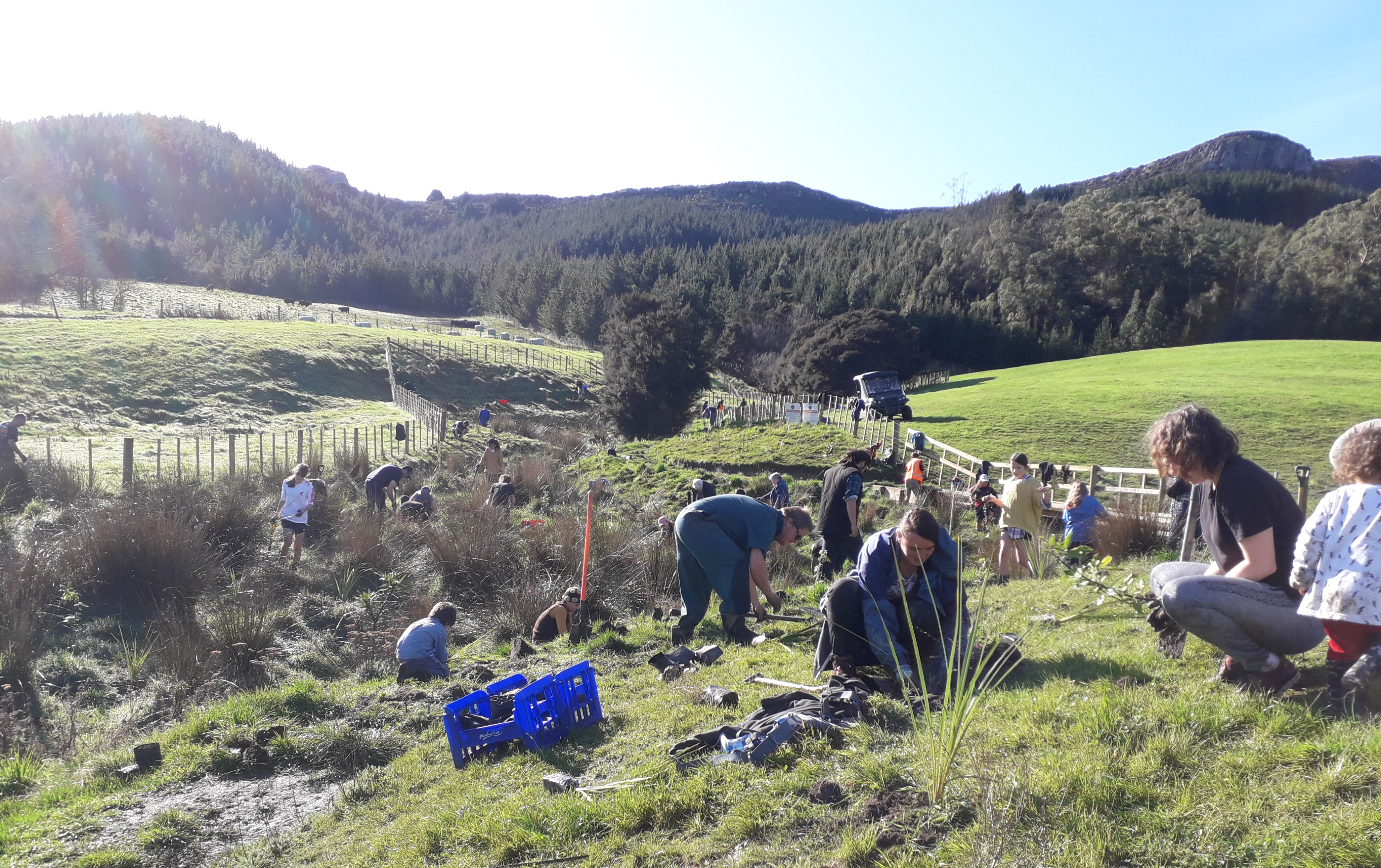
Orton Bradley Park Board
Type
Solar
Status
Complete
Funding Received
$37,766.00
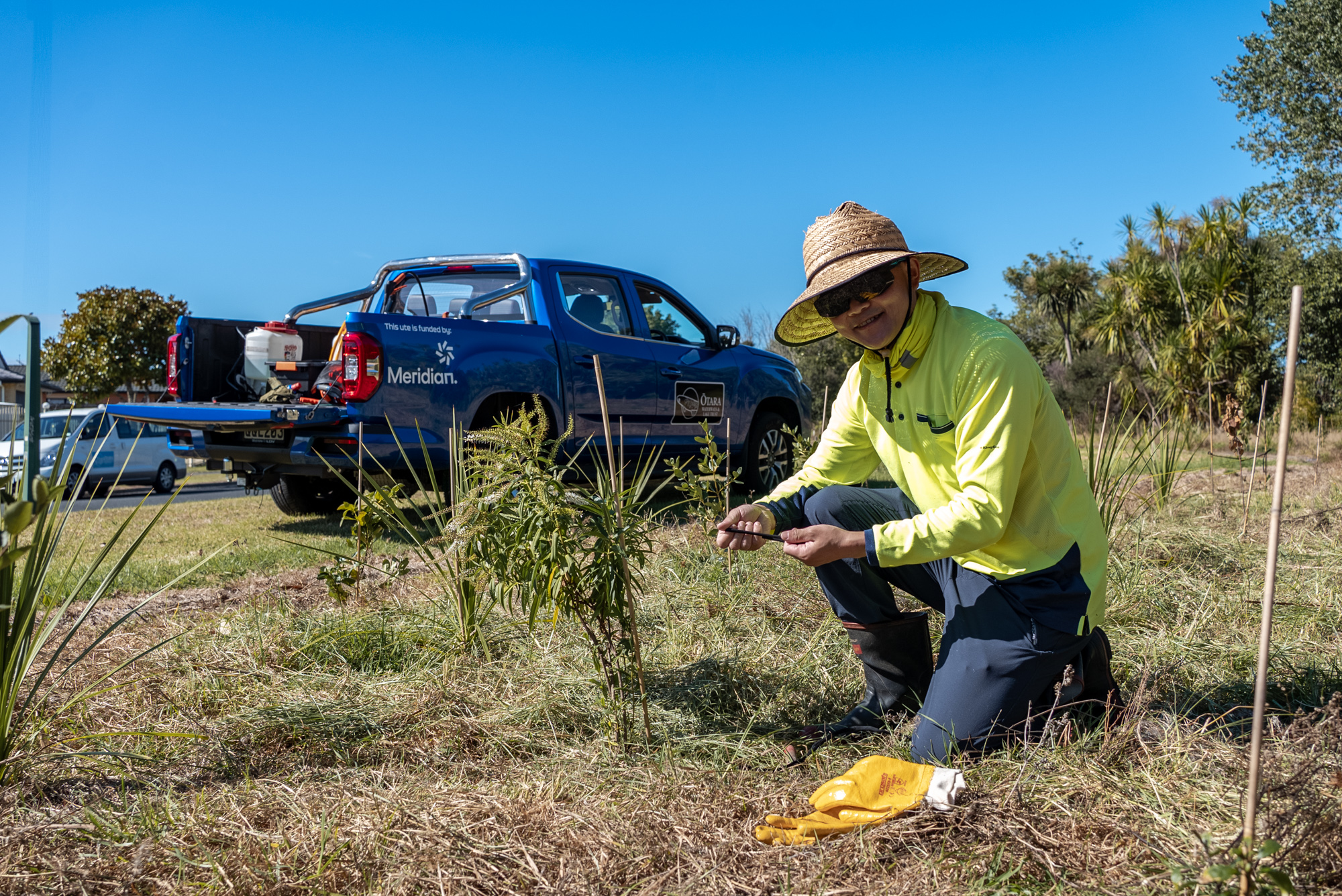
Ōtara Waterways and Lake Trust
Type
EV
Status
Complete
Funding Received
$41,380.00
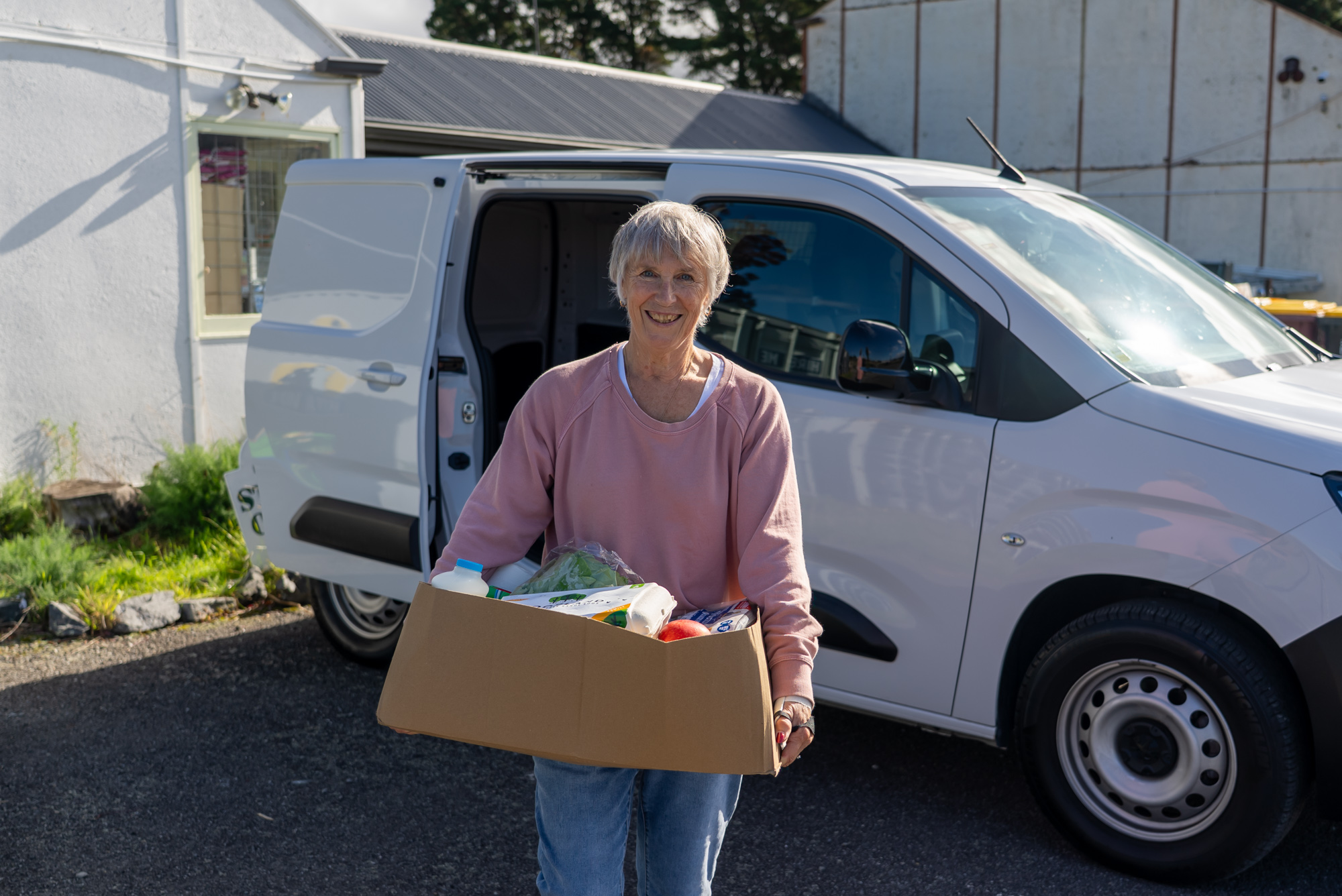
Paetūmōkai Charitable Trust
Type
EV
Status
Complete
Funding Received
$37,812.00
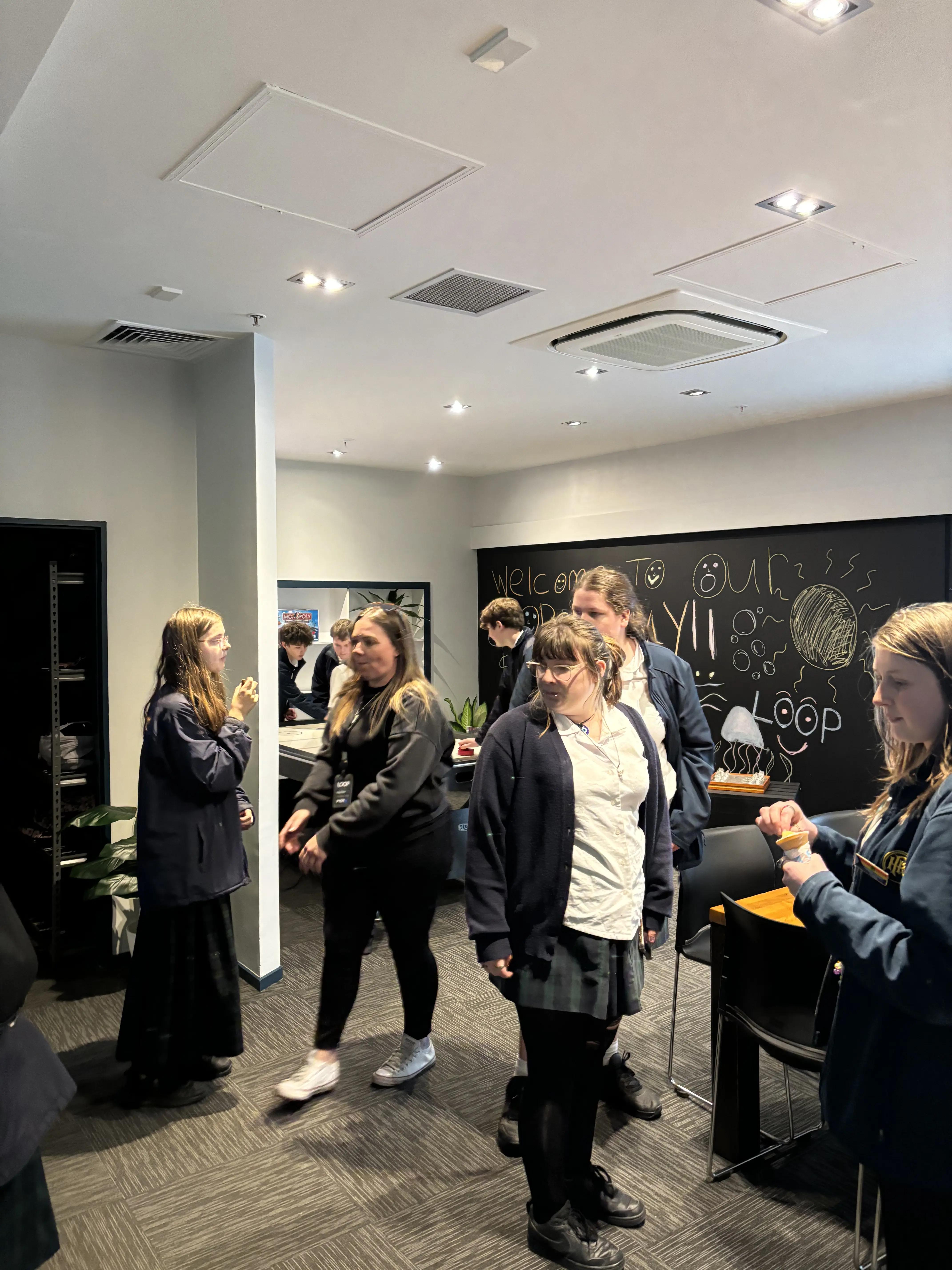
Papanui Youth Development Trust
Type
Solar
Status
Complete
Funding Received
$54,607.75
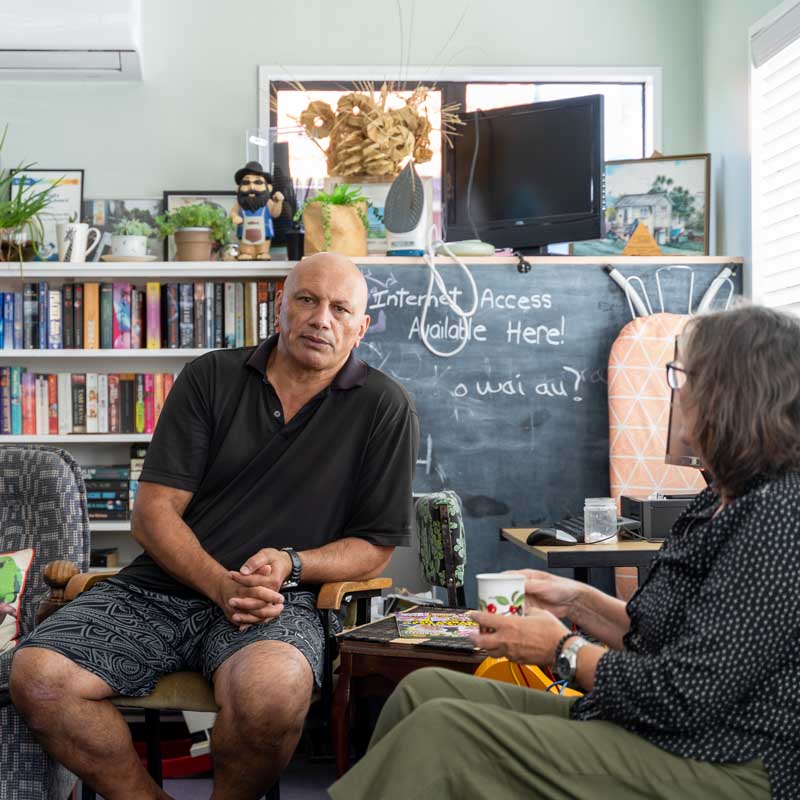
Raglan Community House Charitable Trust
Type
Battery
Status
Complete
Funding Received
$18,890.00
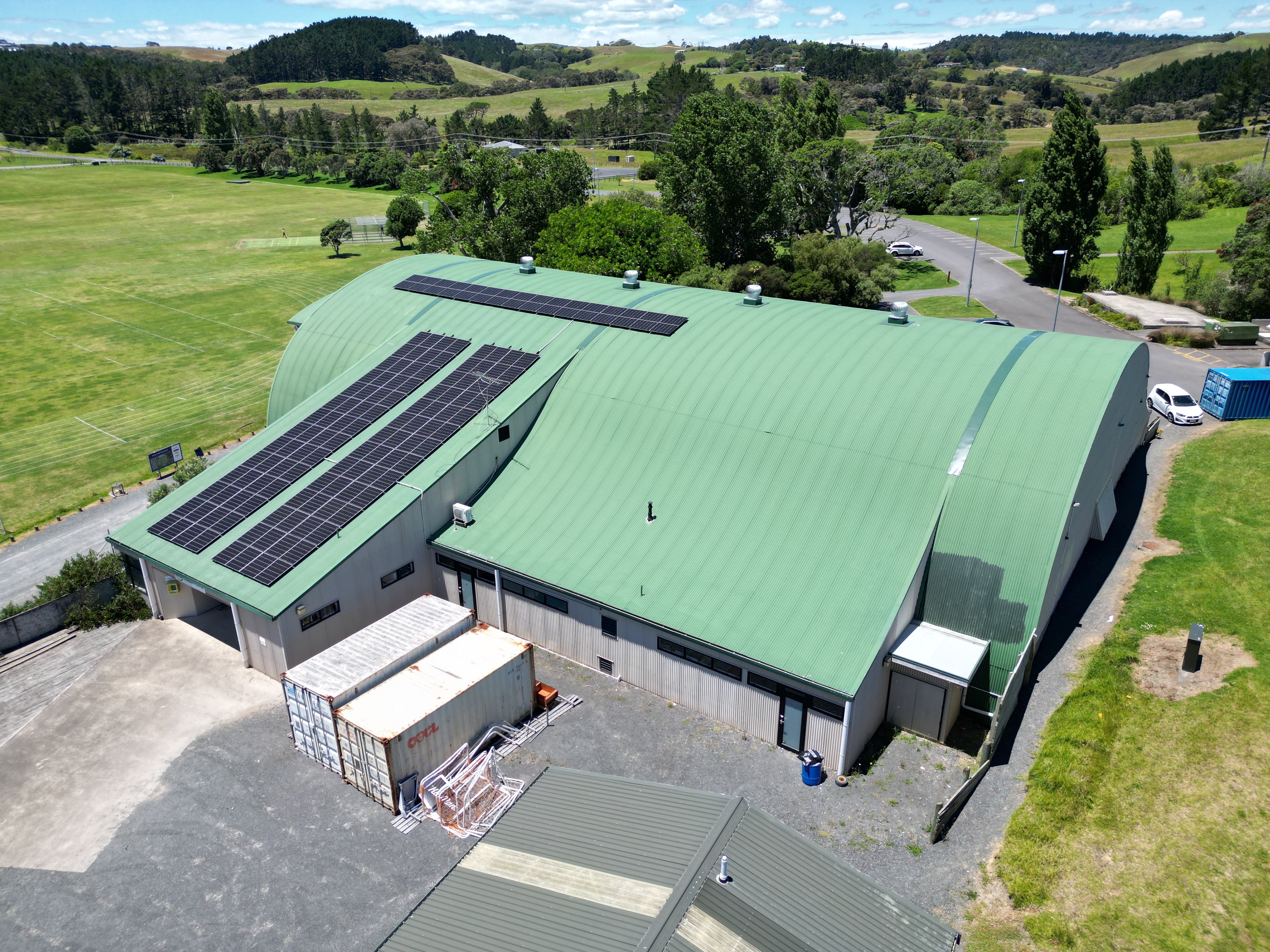
Te Puru Community Charitable Trust
Type
Solar
Status
Complete
Funding Received
$47,150.00
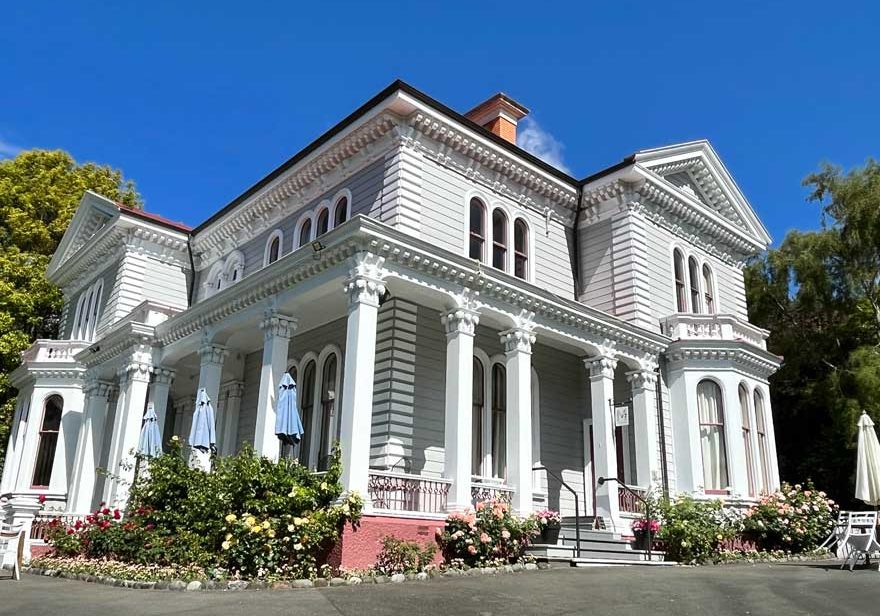
The Colonel Noel Percy Adams Trust
Type
Boiler
Status
Complete
Funding Received
$48,931.45
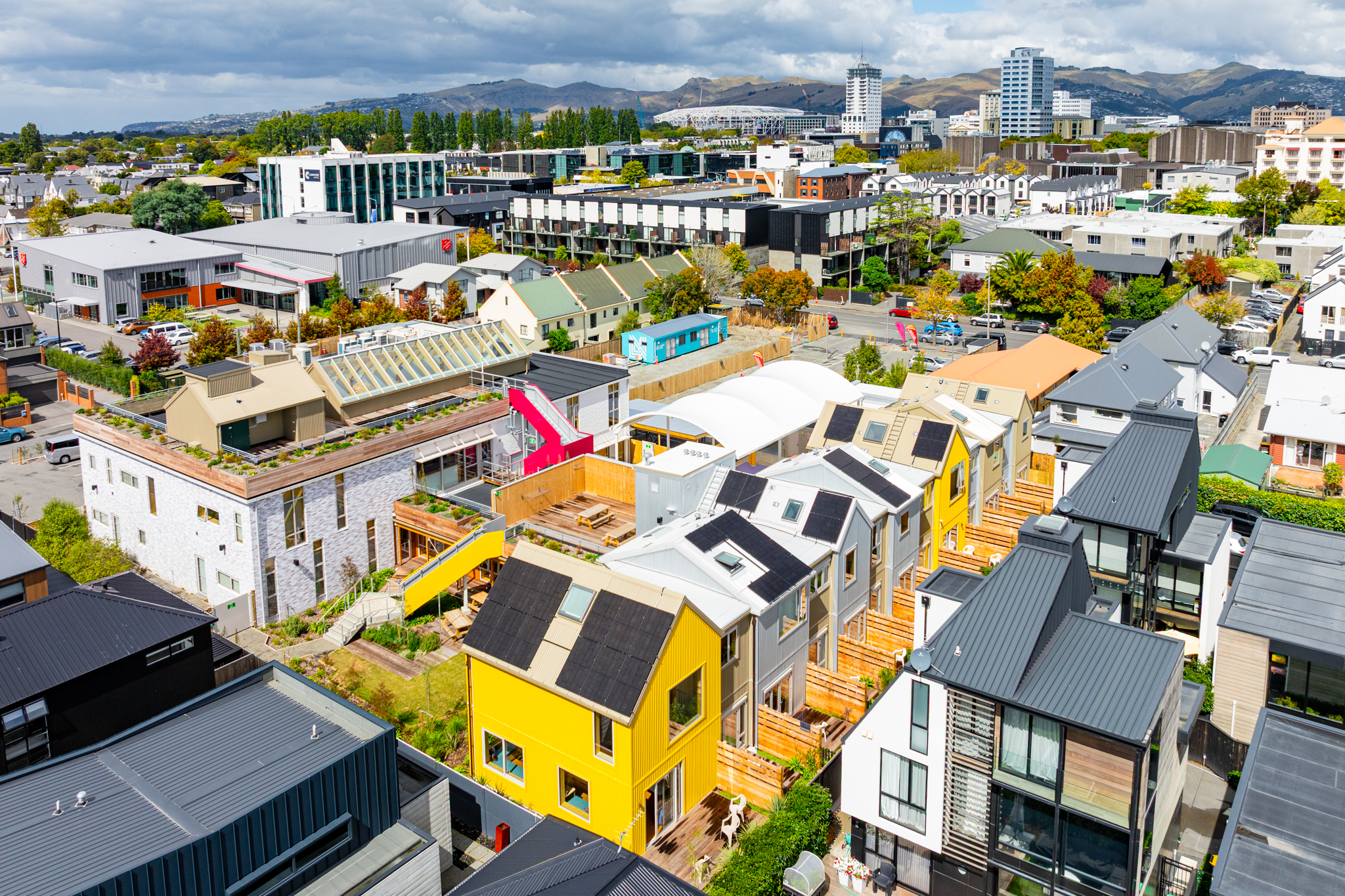
The Youth Hub Trust
Type
Solar
Status
Complete
Funding Received
$82,921.60
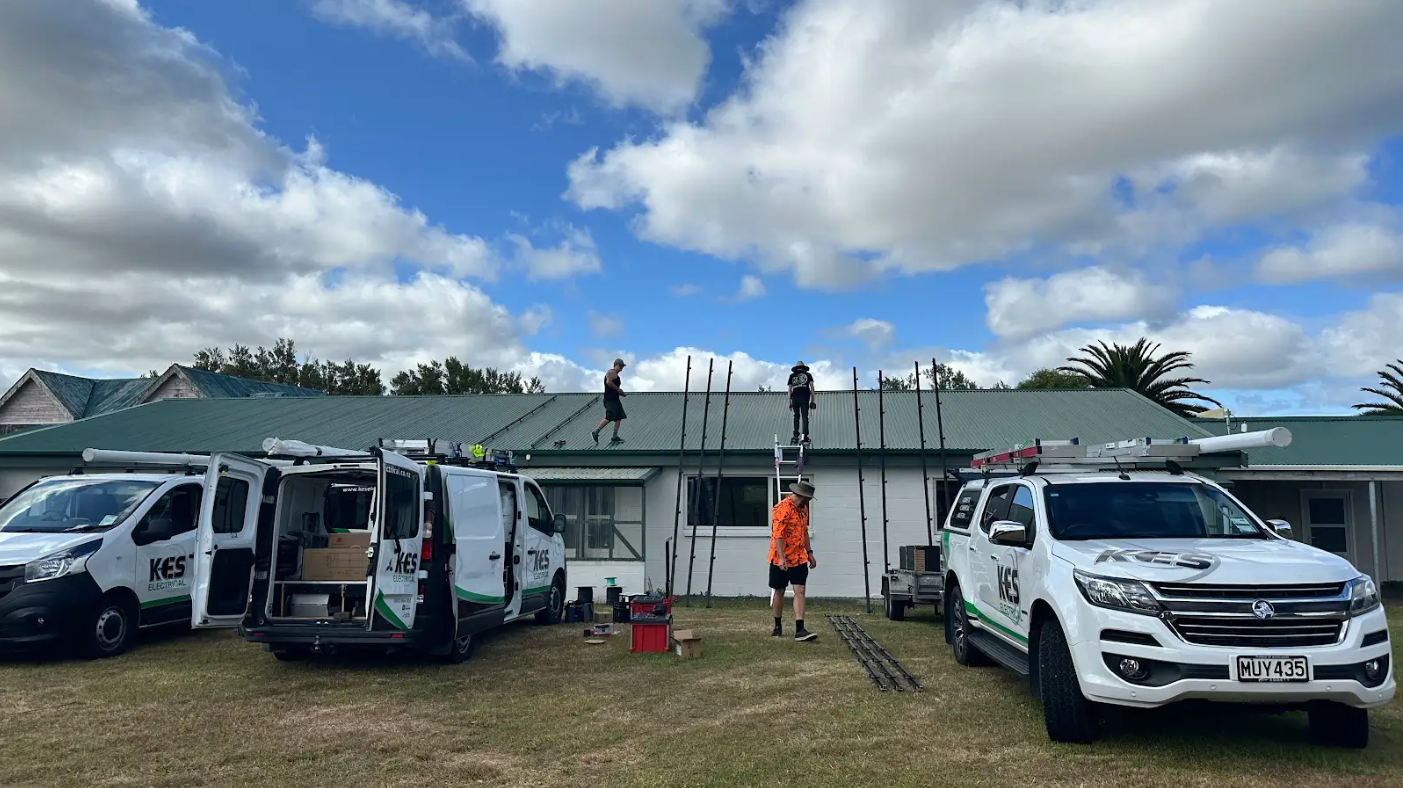
Toroānui Marae Komiti Parihaka Trust
Type
Solar
Status
Complete
Funding Received
$49,895.05
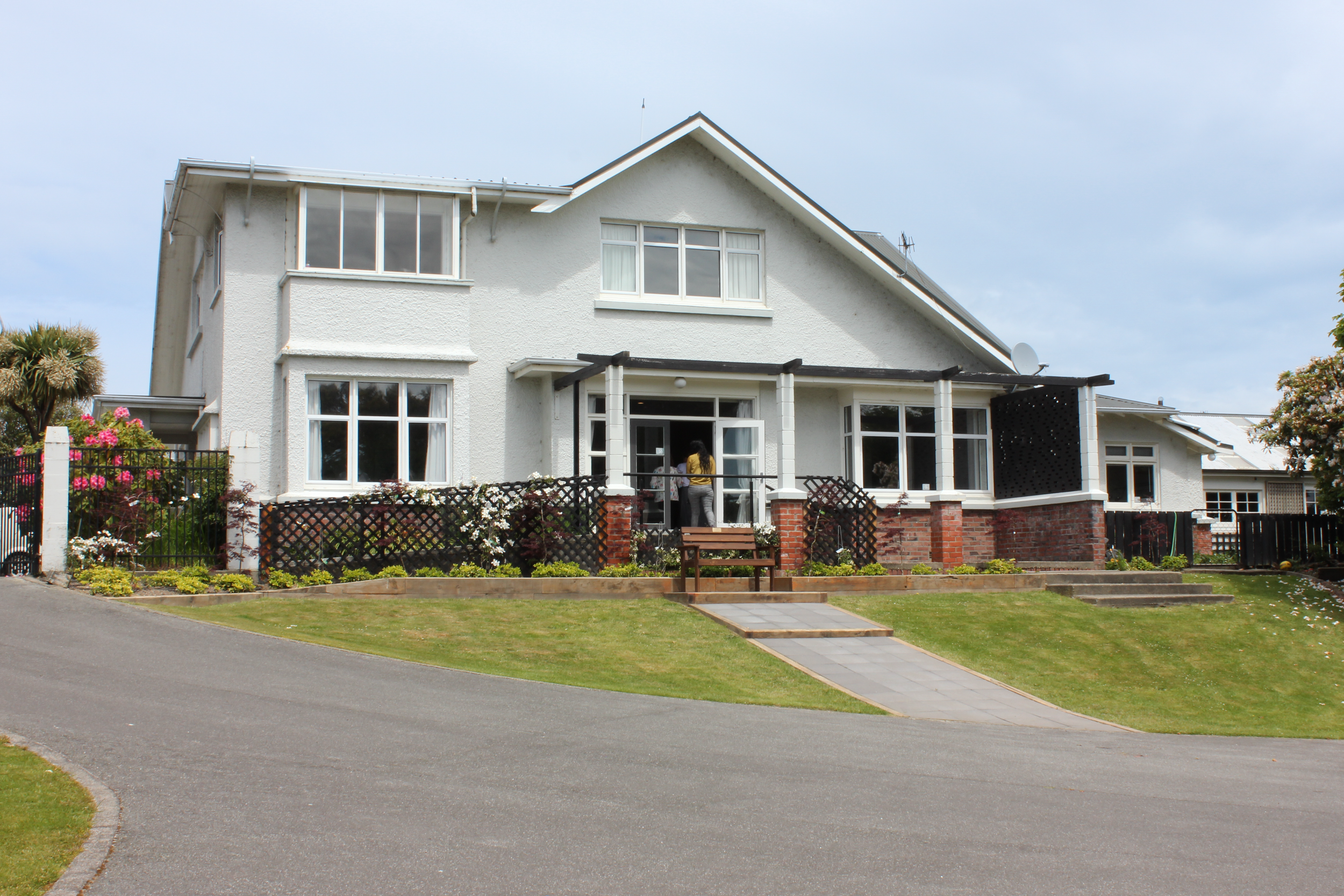
Whanake House Charitable Trust
Type
EV
Status
Complete
Funding Received
$106,375.00
What's next?
For the fund
Meridian’s purpose is to deliver clean energy for a fairer, healthier world.
It’s why all the energy we generate is 100% renewable from wind, water and sun. Why we’re building new large-scale projects to generate even more energy. Why we’re helping organisations shift from fossil fuels to renewable electricity. And it’s why we’ve developed two unique, interconnected initiatives: Certified and our Decarbonisation Fund.
Thanks to this incredible partnership with our Certified customers, we estimate having more than $2 million in funding available for the 2025 round of the Community Decarbonisation Fund, which will open later this year.
For Meridian
Meridian is the largest generator of renewable electricity in Aotearoa. We generate around a third of the country’s electricity needs – all from renewable sources. We own and operate six hydro power stations along the Waitaki Power Scheme and the Manapōuri Hydro Power Station (both in the South Island), six wind farms across Aotearoa and a battery energy storage system in Northland. We also have a pipeline of projects to stay ahead of the growing demand for electricity.
We’re one of the largest electricity retailers in New Zealand, through our two brands – Meridian and Powershop. As a retailer, we’re committed to making energy cleaner and cheaper and supporting our customers. We’re also focussed on helping customers reduce their overall energy bill by developing products that give them flexibility over when they use power and reward them for reducing consumption when energy demand is high.
We're investing in many initiatives that help decarbonise Aotearoa including our nationwide, public EV charging network. We also work with local iwi, the Department of Conservation and other organisations to preserve the natural environment, protect native plant and animal life, and support local communities through our Power Up Community Fund and our Community Decarbonisation Fund, in addition to national and local sponsorships.

Renewable
energy pipeline
